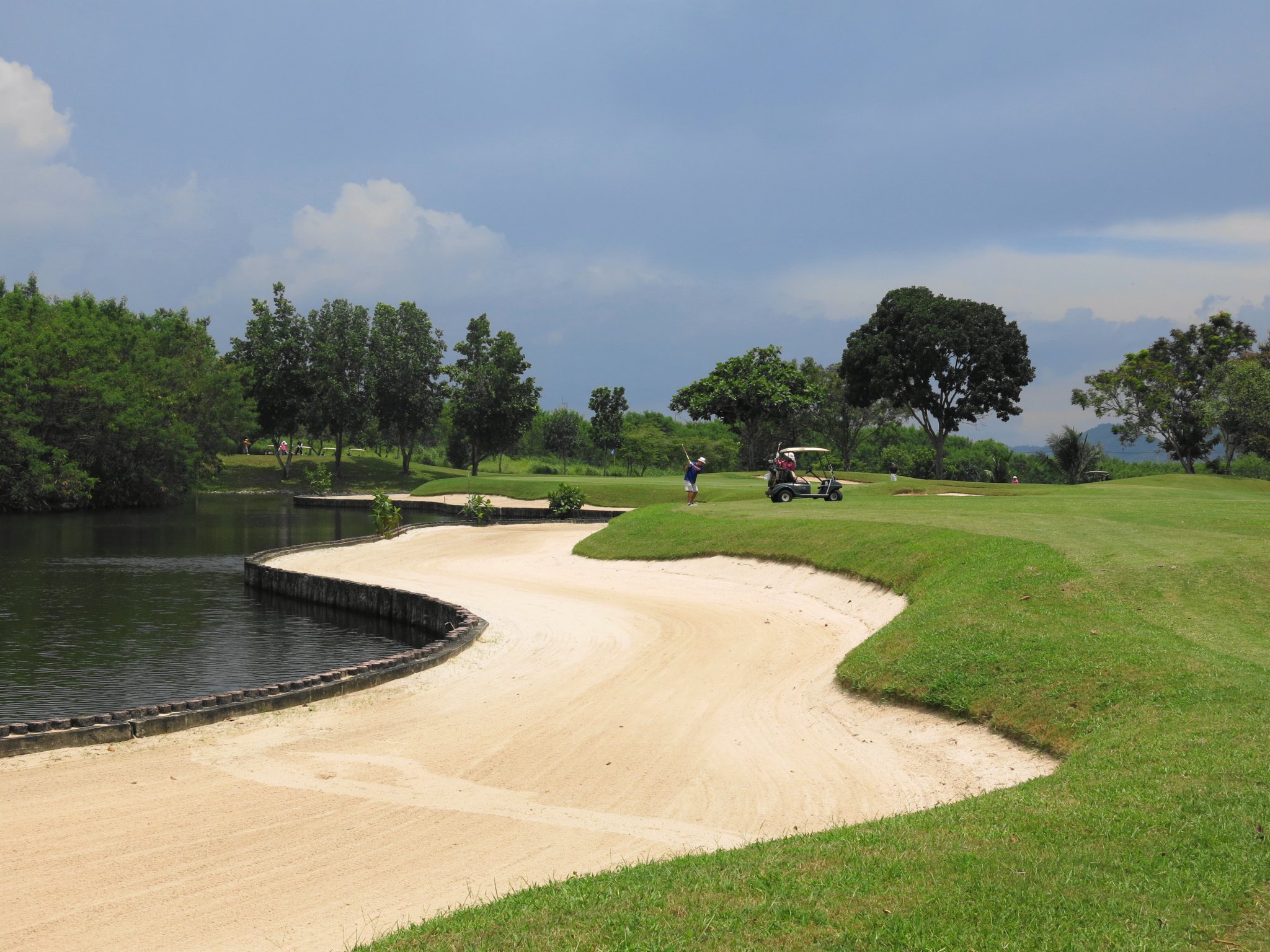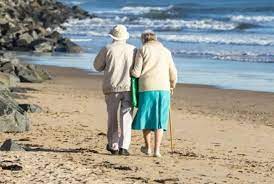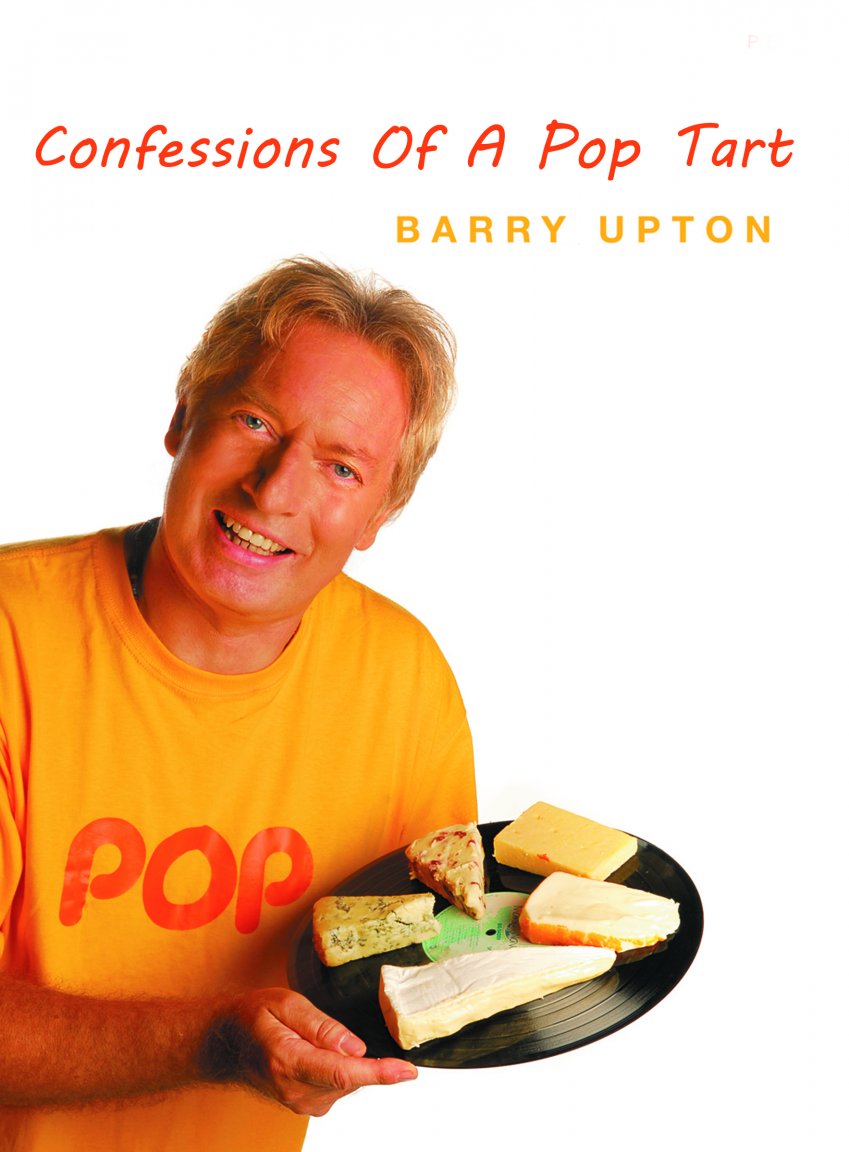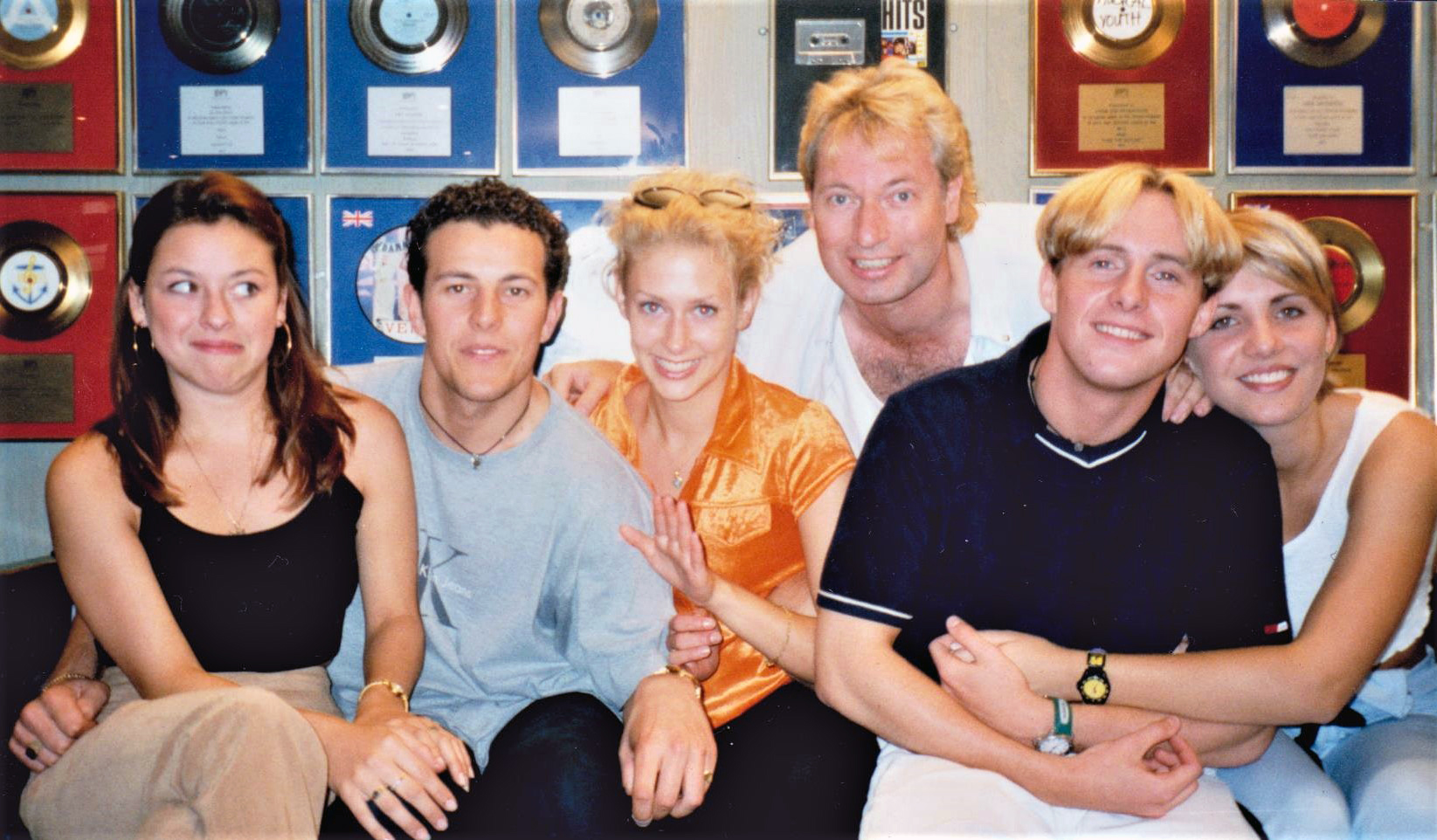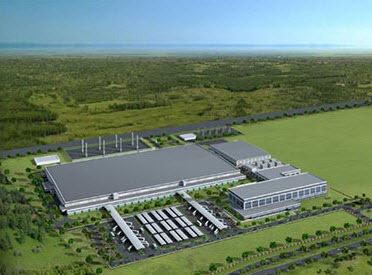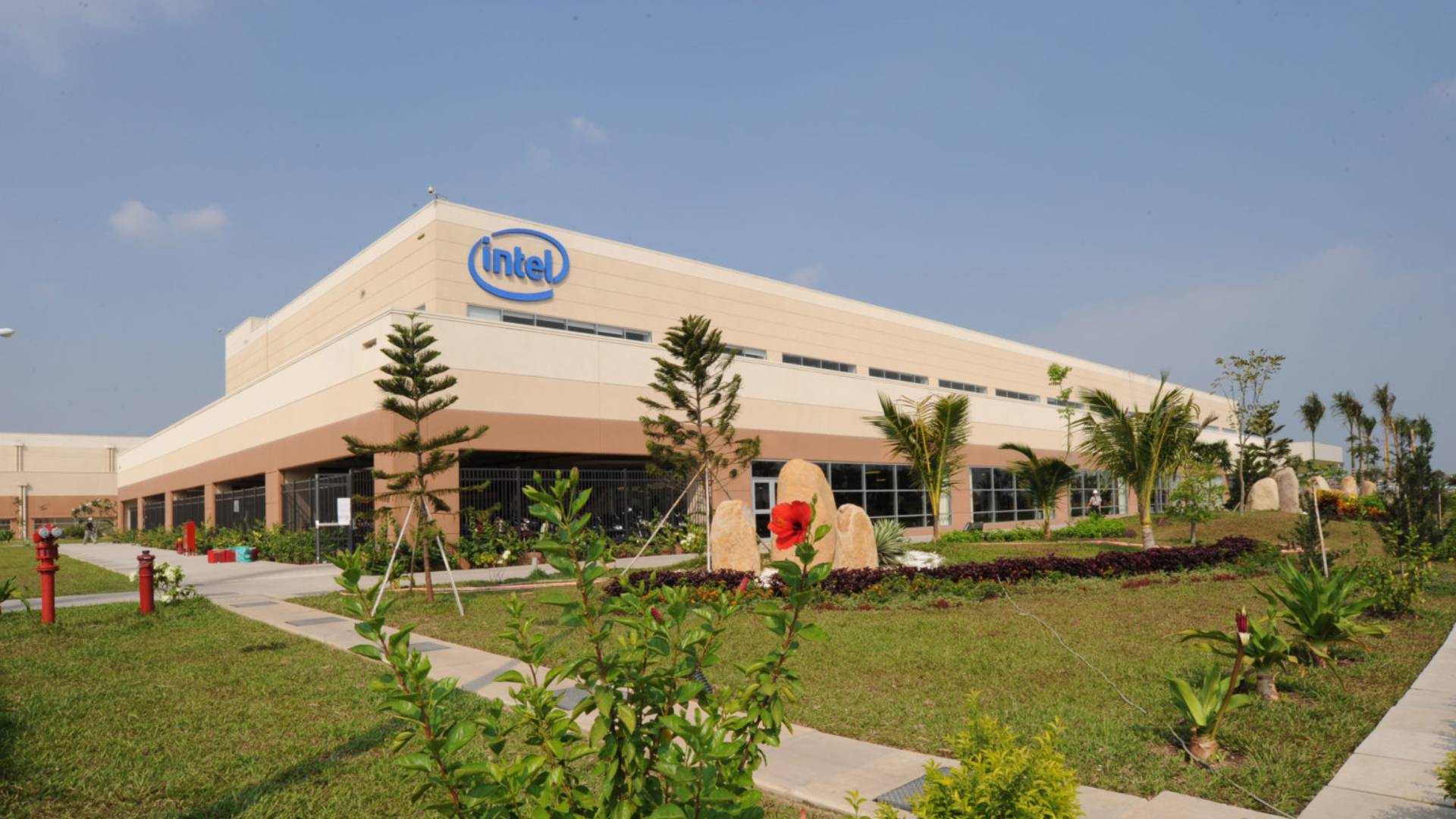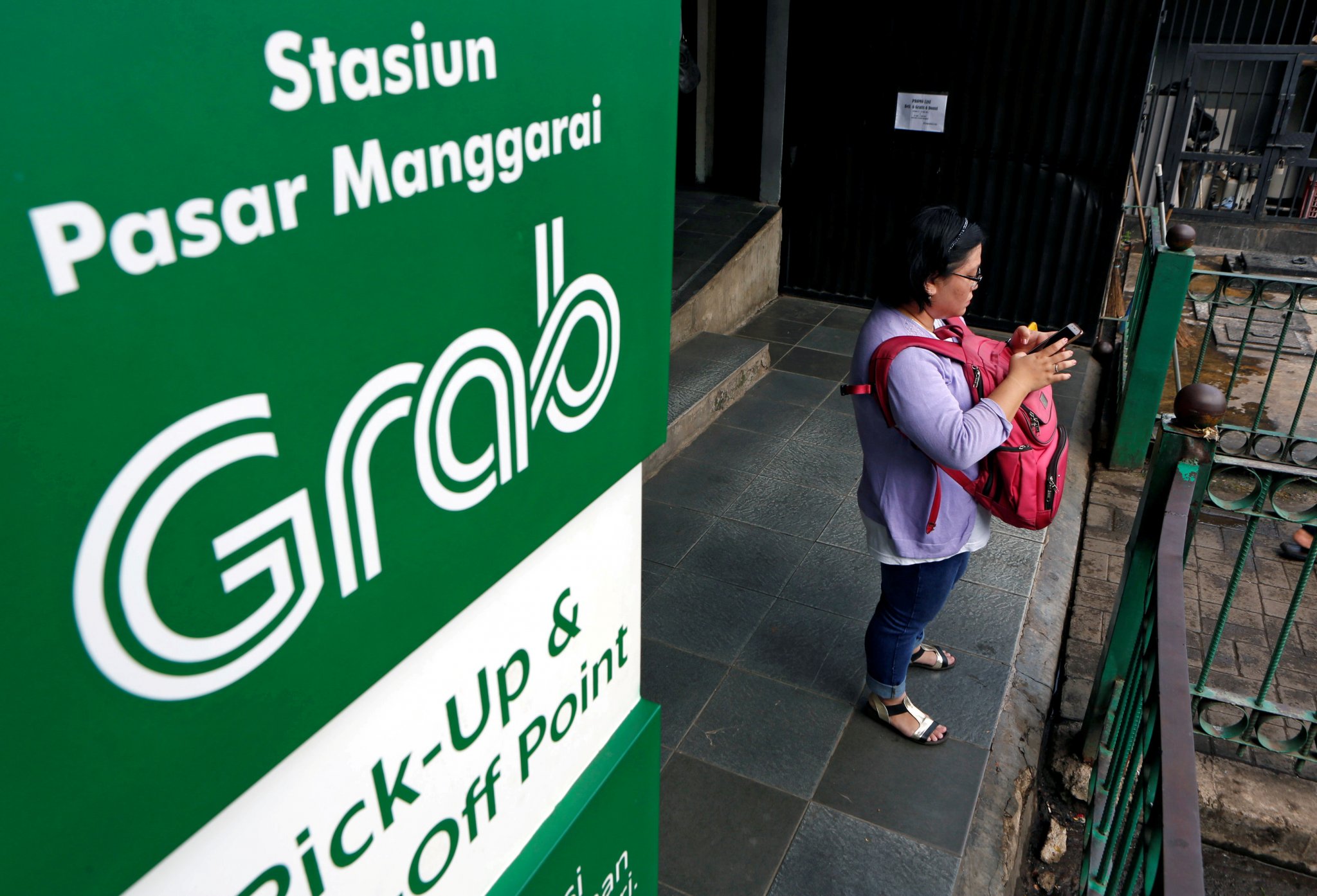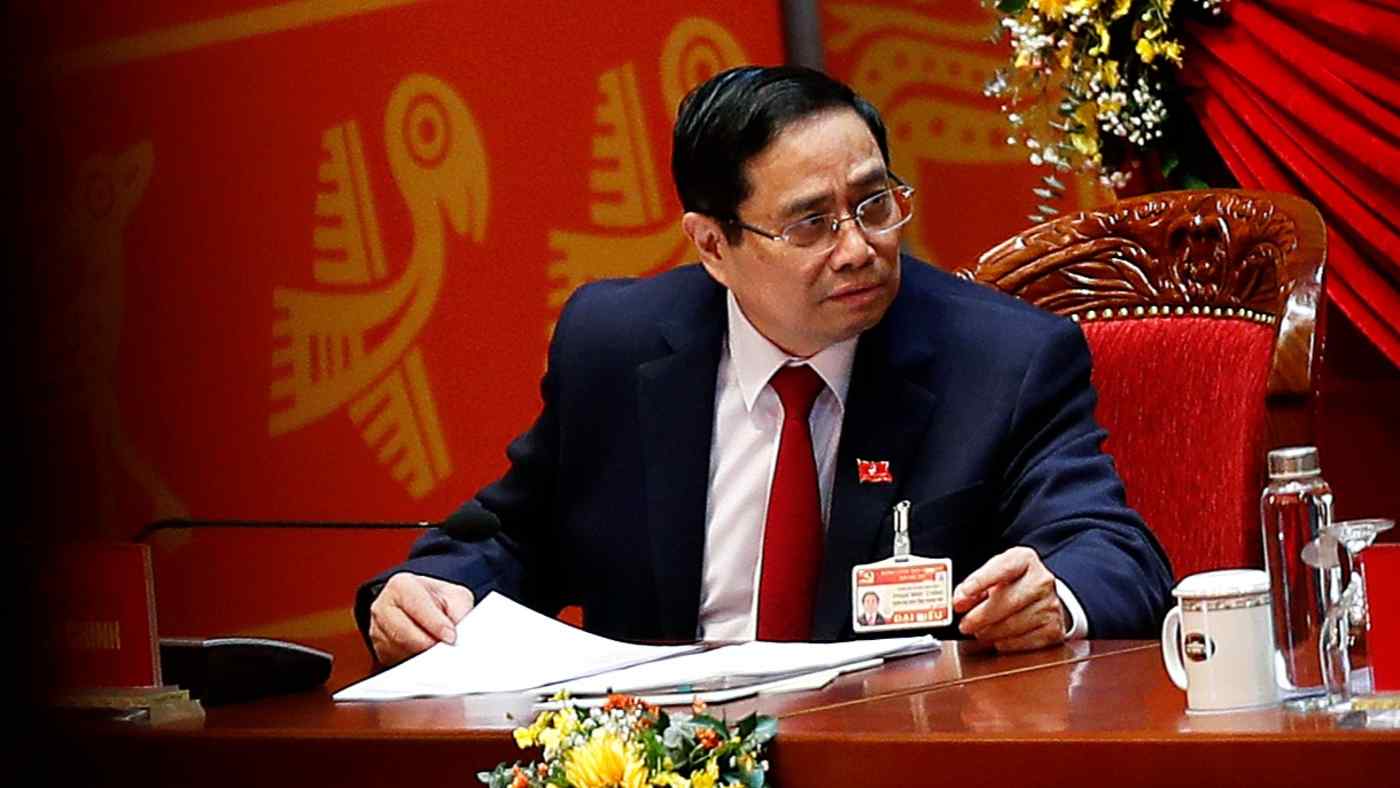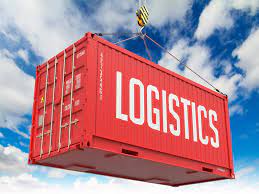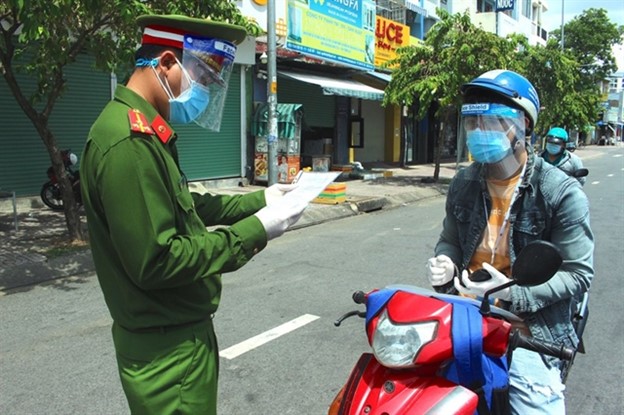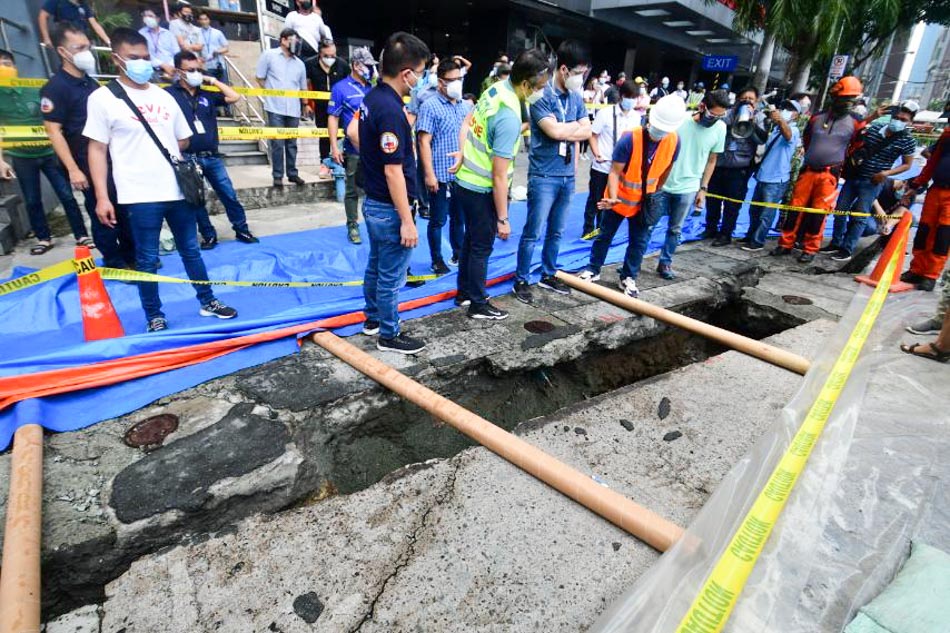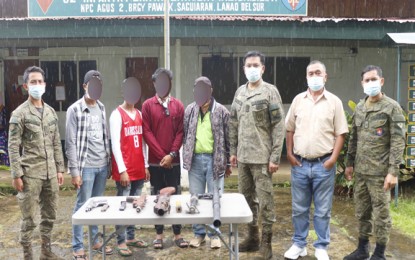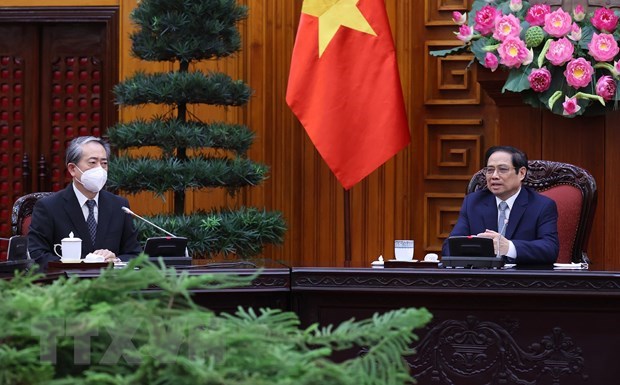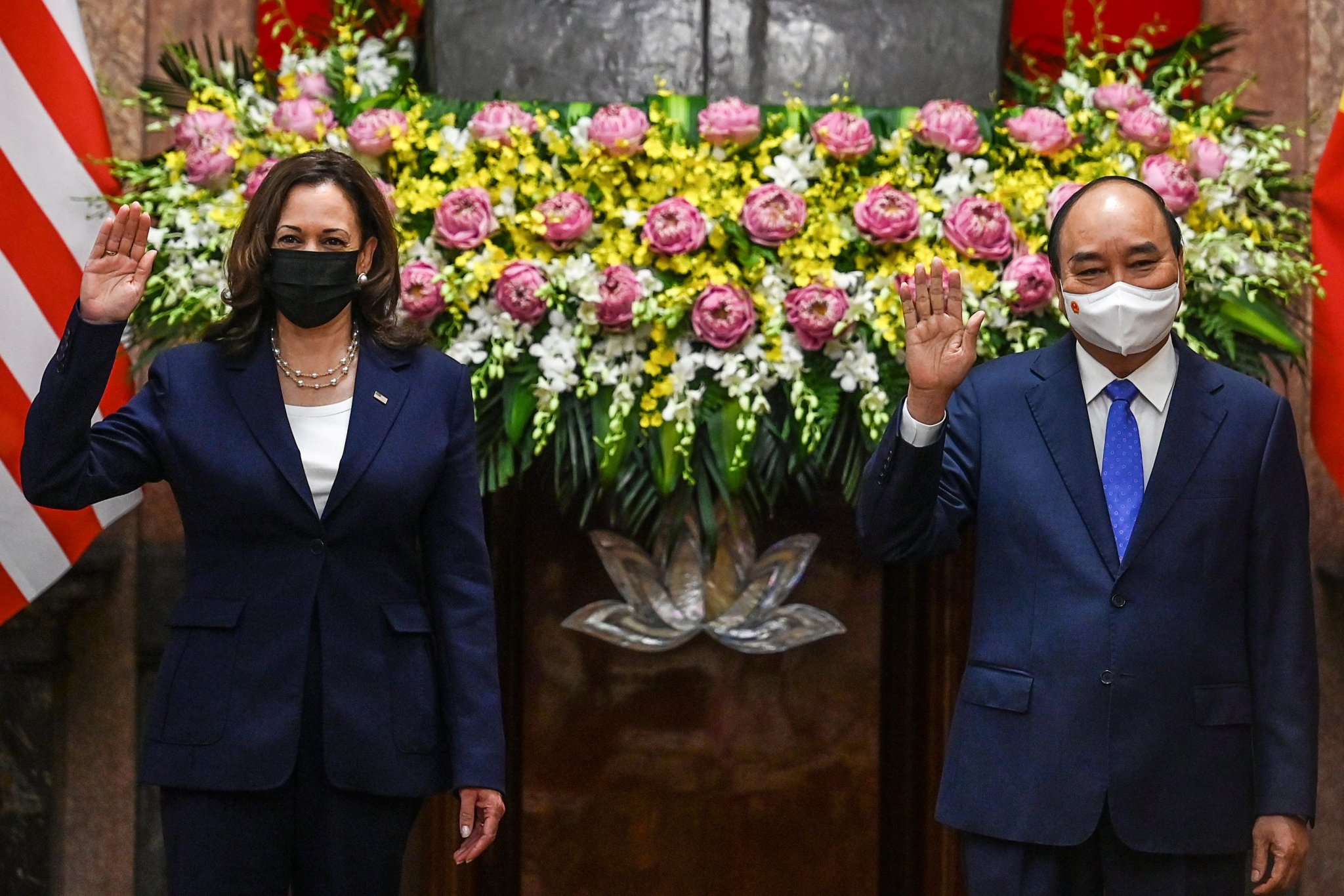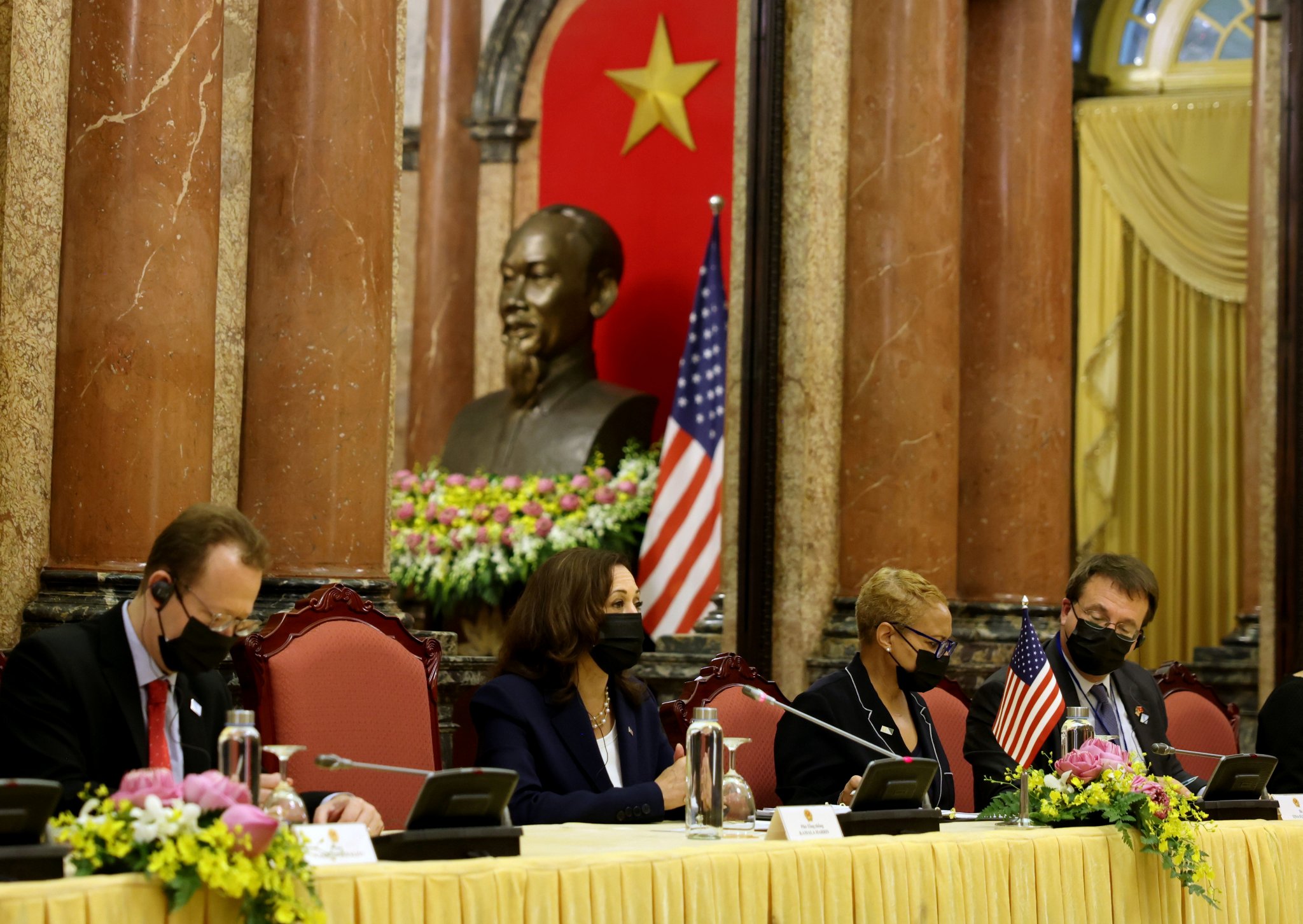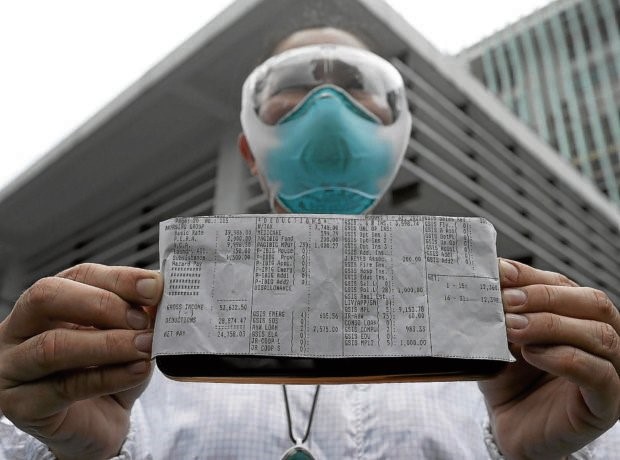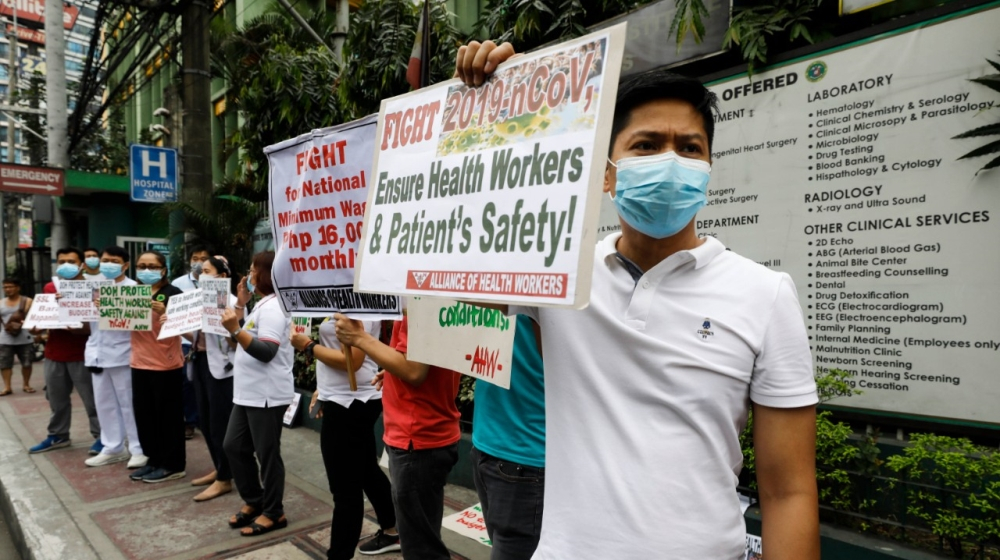-
Posts
2,719 -
Joined
-
Last visited
Content Type
Profiles
Forums
Downloads
Everything posted by ASEAN NOW News
-
In recent weeks, many countries have been reporting an increase in “pandemic fatigue” – people are feeling demotivated about following recommended behaviours to protect themselves and others from the virus. Finding effective ways to tackle this fatigue and reinvigorate public vigilance is a growing challenge as the crisis continues. Pandemic fatigue evolves gradually over time and is affected by the cultural, social, structural, and legislative environment. Expat Fatigue Here in SE Asia, when the pandemic began last year, luckily most countries were reporting very low number of cases. However, as expats we often have to rely on word of mouth, to get accurate information, as most Covid details are mainly posted in the local language. Now as the number of cases has skyrocketed, governments across the region have realized the importance of keeping us expats well informed with English language information. The penny has a last drop that Covid cannot tell the difference between a local or an expat, as we can all carry the virus. Meanwhile being thousands of miles from home, can add to an expat’s anxiety although everyone stuck at home goes through some sort of Pandemic Fatigue. Online WHO Meeting Held High-level public health experts from over 30 countries and many partner organizations from the World Health Organisation (WHO) European region, recently connected remotely to search together the root causes of this phenomenon and share national experiences and plans. At the request of European Member States, WHO/Europe developed a framework of policy recommendations to guide governments in the planning and implementation of national and subnational strategies to bolster public support for COVID-19 prevention measures. Governments need key strategies Katrine Bach Habersaat, Team Lead (ad interim) of the Behavioural and Cultural Insights Unit at WHO/Europe, introduced the framework developed by WHO/Europe to address pandemic fatigue. It includes 4 key strategies: · Understand people: collect and use evidence for targeted, tailored, and effective policies, interventions, and communication. · Engage people as part of the solution. · Help people to reduce risk while doing the things that make them happy. · Acknowledge and address the hardship people experience, and the profound impact the pandemic has had on their lives. WHO/Europe has suggested a quick list of concrete actions, with examples from countries of what they have done. More work will need to be carried out, with opportunities for regular exchanges of views among WHO and Member States. Understanding pandemic fatigue Professor Cornelia Betsch, Heisenberg-Professor of Health Communication at Erfurt University, Germany, spoke of the psychology behind pandemic fatigue, explaining that fear is a motivator for protective behaviour, but it wears off as people adapt to the threat. Fatigue also occurs if we do the same things repeatedly for a long time, she added. WHO defines pandemic fatigue as a natural and expected reaction to sustained and unresolved adversity in people’s lives. It expresses itself as demotivation to engage in protective behaviours and to seek out information, as well as in feelings of complacency, alienation, and hopelessness. Pandemic fatigue evolves gradually over time and is affected by the cultural, social, structural, and legislative environment. Therefore, monitoring public opinion, through tools such as the one developed by WHO/Europe and now used by 27 countries and areas in the Region, is an important starting point for effective behavioural change. Sharing country experiences Many country representatives took the floor at the meeting to share examples of action taken in their countries to ensure public engagement in COVID-19-related measures. Common themes included making sure that these initiatives were understandable and logical, the importance of supporting livelihoods and jobs, targeting measures to specific groups, and considering other barriers beyond knowledge that prevent people from following recommendations (such as lack of access to safe water, hand sanitizer, masks, spacious living conditions, and so on). Several participants also highlighted how supporting mental health initiatives is essential as the pandemic continues. Next steps There was broad agreement among participants that further discussion on the topic of pandemic fatigue is needed through a regular forum. WHO/Europe also proposed creating a repository for country experiences. At the end of the meeting, the Norwegian concept of “dugnad” was invoked – support provided by individuals to help each other or a community – a form of group resilience to be nurtured in the months ahead. Using behavioural and cultural science to advance health Behavioural and cultural insights for health refers to knowledge derived from the social sciences and health humanities that helps us to better understand the drivers of and barriers to achieving the highest attainable standard of health. The newly approved European Programme of Work 2020–2025 has a strong focus on harnessing behavioural and cultural insights, and a new unit was recently established at WHO/Europe to improve knowledge in this field. Is there light at the end of the tunnel? Meanwhile as cases rise, and Health Ministries scramble to bargain for new vaccines, all we can do is vent our frustration at the local governments, many who seem to be seen as mis-managing the Covid crisis and the country’s economy. Many expats are over 60 years old, and therefore the state of their own economy adds to the stress. All we can do is sit tight, and hope that vaccines will soon be available over the counter to everyone. Then the cases will start to drop along with everyone’s Pandemic Fatigue. If you are suffering from pandemic fatigue, do please let us know. And perhaps you may even have some tips on how to cope as well.
- 1 reply
-
- 1
-

-
Vietnam's economic future depends on a quick return to full working capacity, as and when the restrictions start to easy. Meanwhile many companies cash flow are at an all time low. The State Bank of Vietnam (SBV) is now consulting on a draft circular for incentive policies to support firms with access to bank loans, so they may overcome severe difficulties in the COVID-19 pandemic. According to Vietnam News, many businesses who have been struggling during the pandemic are now expecting the circular to help them gain access to more supporting loans. The draft revises Circular 03/2021/TT-NHNN dated April 2, 2021, which regulates the restructuring of debt repayment terms, and exemption and reduction of interest rates and fees to support customers affected by the pandemic. Main Changes Suggested The revised circular has two main changes. First, the debt restructuring period will be extended to June 30, 2022, instead of the original plan of December 31, 2021. Secondly, the repayment terms will be restructured for customers in lockdown regions. Most firms in HCM City, who have had to suspend production and business operations to prevent the pandemic, said they expected banks to freeze debts and reduce interest rates on existing debts. At the same time, firms expect banks to deploy new loan packages, with preferential interest rates and simple procedures to support businesses to overcome this difficult period. According to Lý Kim Chi, chairwoman of the HCM City Food and Foodstuff Association (FFA), due to too high costs in maintaining production and business, local firms are in desperate need of priority to get bank loans, just to stabilise production and avoid the risks of vital supply chain disruption. Economic Survival As the pandemic affects all economic sectors, Chi suggested the SBV should consider allowing debt rescheduling for all firms in the city so that they do not have to pay debts for at least the next six months. VNA/VNS Photo However, Chi added that the support policies also needed to simplify the procedures and documents required to prove firms qualify for the incentives. The bottleneck of paperwork was preventing many firms from being able to access support policies from banks. The FFA also recommended the SBV add firms in specific industries such as food and foodstuffs to the list of beneficiaries of new loan policies with loan interest exemption and reduction and rapid disbursement to help supplement capital to stockpile raw materials and finished products for reserves. Some firms also proposed the SBV consider restructuring debts arising after June 10, 2020 due to the prolonged COVID-19 pandemic. According to the provisions of Circular 03/2021/TT-NHNN, banks can only restructure debts arising before June 10, 2020, so debts disbursed after the time are at risk of being classified as bad debts if firms fail to handle them on time. Property Industry Real estate firms are also facing a cash flow disruption and the risk of losing liquidity. Therefore, HCM City Real Estate Association (HOREA) has also proposed that the SBV revise the draft circular. HOREA proposed the SBV allow credit institutions, commercial banks and foreign bank branches to consider and decide on the rescheduling of debt repayment, exemption and reduction of interest and fees, and keeping debt classification unchanged as well as considering giving new loans to real estate firms. It would provide more practical support for firms including those in real estate, who are affected by the COVID-19 pandemic, to reduce borrowing costs, input costs, and access new loans to have more time to gradually restore production and business. In addition, as the average deposit interest rate remains significantly low, HOREA expects the SBV to ask commercial banks to consider reducing lending interest rates by 2 per cent per year for borrowers to make the lending rate reasonable and ensure the harmonization of interest for borrowers and lenders. — VNS
-
Workers harvest coffee beans in the central highlands (File photo) Global coffee supply chains have been severely disrupted due to mobility restrictions in southern Vietnam amid the ongoing Covid-19 outbreak. With export hub Ho Chi Minh City continuing to be under social distancing due to surging number of infections, many traders and suppliers told VN Express that exporters are struggling to transport beans to its ports for shipment. Vietnam is the second biggest coffee producer globally behind Brazil. Last year its exports fell marginally and were worth $2.74 billion. Vietnam's Coffee Exports The global shortage of containers, plus the soaring freight rates have all worsened the situation. The Vietnam Coffee-Cocoa Association is now urging the government to ease the curbs. Earlier this week Minister of Transport Nguyen Van The said all types of legal goods must be considered "essential" and their transporters must be allowed to pass through Covid checkpoints. Authorities in the south need to do everything possible to facilitate the transport of agricultural products such as coffee and rice, he added.
-
MANILA, Philippines — Foreign financing secured by the Philippines government to bankroll its fight against the prolonged COVID-19 pandemic, increased a further to $22.51 billion or more than P1.1 trillion to date, the Department of Finance (DOF) said. Finance Secretary Carlos G. Dominguez III–DOF photo According to the Inquirer, the latest DOF data on Friday showed that $20.06 billion in combined external loans, grants, and commercial borrowings, which were earmarked for COVID-19 response, had been injected into the national budget. Grants given to the Philippines by multilateral lenders and bilateral development partners amounted to $54.06 million, while loans for specific pandemic response-related projects hit $2.39 billion. Building up As of Aug. 25, $19.65 billion worth of these foreign financing were already disbursed to the government, the DOF said. The newest additions to the foreign funds obtained to beef up the COVID-19 war chest, included the $400-million Philippines first financial sector reform development policy loan from the World Bank, and the $400-million facilitating youth school-to-work transition program (subprogram 3) from the Manila-based Asian Development Bank (ADB), which were both signed in August. A total of $3 billion in dual-tranche US dollar-denominated global bonds issued in July was also added to budgetary support financing for COVID-19 response. The World Bank’s $280-million second additional financing for the Department of Agriculture’s (DA) Philippine rural development project (PRDP) was likewise included among the project loan financing tapped to recover from the pandemic. Vaccine procurement Last week, Finance Secretary Carlos Dominguez III told legislators that out of the total foreign financing in the past one and a half years, $1.13 billion that came from multilateral institutions such as the ADB, Beijing-based Asian Infrastructure Investment Bank (AIIB), and the World Bank covered the purchase of 105.65 million COVID-19 vaccines. Dominguez said that as of Aug. 26, a total of 194.89 million doses were secured by the government to cover and inoculate 100.5 million Filipinos. The government targets to vaccinate all adults in the country by year-end. Requirements covered According to Dominguez, 15.5 million doses worth $176.5 million were funded by the national budget; 24.9 million doses worth $284.5 million were acquired by the private sector and local governments, and 48.84 million doses worth $503 million were donated by foreign governments like China, Japan and the United States, among others, as well as the COVID-19 vaccines global access facility (Covax). In a separate televised briefing with President Duterte last week, Dominguez assured that all vaccine procurement was amply financed. “We don’t have to worry about money here. We have already all the money ready to be paid for these doses,” Dominguez said.
-
MANILA, Philippines — The government expects income from Philippine offshore gaming operators (POGOs) to plunge to P4 billion this year as most of them have relocated to other Southeast Asian countries at the height of the pandemic. Philippine Amusement and Gaming Corp. (PAGCOR) president and CEO Andrea Domingo said several offshore gaming operators left the country and moved their offices to Cambodia, Laos, and Vietnam. (Photo JOEY VIDUYA) In a budget hearing yesterday, Philippine Amusement and Gaming Corp. (PAGCOR) president and CEO Andrea Domingo said that several offshore gaming operators have left the country and moved their offices to Cambodia, Laos, and Vietnam. “More than half have already closed. They went to Cambodia, Vietnam and Laos,” Domingo said, when asked by legislators on the status of POGOs in the Philippines. Massive Drop As such, PAGCOR expects revenue from offshore gaming operations to decline to P4 billion this year, less than half of what used to be earned from offshore gaming at P9 billion a year. Domingo said the agency only collected P1.6 billion from POGO operations in the first semester. “Our income from POGOs used to reach P8 billion to as much as P9 billion per year, but now, in the last six months for example, we only reached P1.6 billion from POGOs. By the end of 2021, we may only collect P4 billion from them,” Domingo said. According to Phil Star, as of Aug. 6, the number of POGOs in the country decreased to 36, from at least 60 pre-pandemic, while the number of service providers crashed to 133, from a high of 300. Likewise, proposals to slap POGOs with five percent tax on their gross receipts and foreign workers in POGOs with 25 percent tax on their gross income were just transmitted to President Duterte on Thursday, based on records from the House of Representatives. Casinos Closed As casinos, particularly in Metro Manila, remain closed as directed by authorities, PAGCOR strengthened its regulatory monitoring on digital gambling, including online sabong. Domingo said PAGCOR earns a minimum of P375 million a month from online sabong, and this will increase once the agency approves new permits to complete the threshold of 12 licensees. As mandated, operators should remit P75 million monthly to PAGCOR whether or not they generate income. According to Domingo, online sabong is estimated to bring in revenues of around P3.5 billion for this year alone. Last year, PAGCOR’s net income fell by more than 82 percent to P1.55 billion from P8.84 billion in 2019 as revenues sank by over 56 percent to P36 billion from P81.97 billion. For 2021, the gambling regulator expects to make the same amount of income, from P35 billion to P38 billion.
-
MANILA, Philippines — A liaison officer of the Philippine National Police (PNP) has died days after contracting COVID-19 as the PNP recorded 143 new infections over the weekend. Mimaropa Regional Police Office (File photo) The PNP said the 53-year-old liaison officer, assigned at the Mimaropa Regional Police Office, died of complications from COVID-19 on Aug. 21. According to Phil Star, the police officer was admitted to the hospital on Aug. 20 due to fever and subsequently tested positive for the virus. Severe Pneumonia The PNP Health Service said he succumbed to severe pneumonia, making him the 104th police frontliner to die of COVID-19. Medical records showed that the officer had been undergoing dialysis for almost three years due to chronic kidney disease. He had also been diagnosed with diabetes and hypertension. The police officer received his first dose of COVID-19 vaccine on Aug. 19. The PNP has recorded 1,917 active cases of COVID-19 nationwide. With 76 new recoveries, the PNP has logged 34,316 cases since March last year. The PNP has fully vaccinated 97,184 or about 43.6 percent of the police force while 105,016 or 47 percent have received a first dose of COVID-19 vaccine. There are 20,657 PNP personnel or 9.27 percent still waiting to get inoculated.
-

Are you experiencing “Expat Pandemic Fatigue”?
ASEAN NOW News posted a topic in Vietnam General Chat
In recent weeks, many countries have been reporting an increase in “pandemic fatigue” – people are feeling demotivated about following recommended behaviours to protect themselves and others from the virus. Finding effective ways to tackle this fatigue and reinvigorate public vigilance is a growing challenge as the crisis continues. Pandemic fatigue evolves gradually over time and is affected by the cultural, social, structural, and legislative environment. Expat Fatigue Here in SE Asia, when the pandemic began last year, luckily most countries were reporting very low number of cases. However, as expats we often have to rely on word of mouth, to get accurate information, as most Covid details are mainly posted in the local language. Now as the number of cases has skyrocketed, governments across the region have realized the importance of keeping us expats well informed with English language information. The penny has a last drop that Covid cannot tell the difference between a local or an expat, as we can all carry the virus. Meanwhile being thousands of miles from home, can add to an expat’s anxiety although everyone stuck at home goes through some sort of Pandemic Fatigue. Online WHO Meeting Held High-level public health experts from over 30 countries and many partner organizations from the World Health Organisation (WHO) European region, recently connected remotely to search together the root causes of this phenomenon and share national experiences and plans. At the request of European Member States, WHO/Europe developed a framework of policy recommendations to guide governments in the planning and implementation of national and subnational strategies to bolster public support for COVID-19 prevention measures. Governments need key strategies Katrine Bach Habersaat, Team Lead (ad interim) of the Behavioural and Cultural Insights Unit at WHO/Europe, introduced the framework developed by WHO/Europe to address pandemic fatigue. It includes 4 key strategies: · Understand people: collect and use evidence for targeted, tailored, and effective policies, interventions, and communication. · Engage people as part of the solution. · Help people to reduce risk while doing the things that make them happy. · Acknowledge and address the hardship people experience, and the profound impact the pandemic has had on their lives. WHO/Europe has suggested a quick list of concrete actions, with examples from countries of what they have done. More work will need to be carried out, with opportunities for regular exchanges of views among WHO and Member States. Understanding pandemic fatigue Professor Cornelia Betsch, Heisenberg-Professor of Health Communication at Erfurt University, Germany, spoke of the psychology behind pandemic fatigue, explaining that fear is a motivator for protective behaviour, but it wears off as people adapt to the threat. Fatigue also occurs if we do the same things repeatedly for a long time, she added. WHO defines pandemic fatigue as a natural and expected reaction to sustained and unresolved adversity in people’s lives. It expresses itself as demotivation to engage in protective behaviours and to seek out information, as well as in feelings of complacency, alienation, and hopelessness. Pandemic fatigue evolves gradually over time and is affected by the cultural, social, structural, and legislative environment. Therefore, monitoring public opinion, through tools such as the one developed by WHO/Europe and now used by 27 countries and areas in the Region, is an important starting point for effective behavioural change. Sharing country experiences Many country representatives took the floor at the meeting to share examples of action taken in their countries to ensure public engagement in COVID-19-related measures. Common themes included making sure that these initiatives were understandable and logical, the importance of supporting livelihoods and jobs, targeting measures to specific groups, and considering other barriers beyond knowledge that prevent people from following recommendations (such as lack of access to safe water, hand sanitizer, masks, spacious living conditions, and so on). Several participants also highlighted how supporting mental health initiatives is essential as the pandemic continues. Next steps There was broad agreement among participants that further discussion on the topic of pandemic fatigue is needed through a regular forum. WHO/Europe also proposed creating a repository for country experiences. At the end of the meeting, the Norwegian concept of “dugnad” was invoked – support provided by individuals to help each other or a community – a form of group resilience to be nurtured in the months ahead. Using behavioural and cultural science to advance health Behavioural and cultural insights for health refers to knowledge derived from the social sciences and health humanities that helps us to better understand the drivers of and barriers to achieving the highest attainable standard of health. The newly approved European Programme of Work 2020–2025 has a strong focus on harnessing behavioural and cultural insights, and a new unit was recently established at WHO/Europe to improve knowledge in this field. Is there any light at the end of the tunnel? Meanwhile as cases rise, and Health Ministries scramble to bargain for new vaccines, all we can do is vent our frustration at the local governments, many who seem to be seen as mis-managing the Covid crisis and the country’s economy. Many expats are over 60 years old, and therefore the state of their own economy adds to the stress. All we can do is sit tight and hope that vaccines will soon be available over the counter to everyone. Then the cases will start to drop along with everyone’s Pandemic Fatigue. If you are suffering from pandemic fatigue, do please let us know. And perhaps you may even have some tips on how to cope as well. -
In recent weeks, many countries have been reporting an increase in “pandemic fatigue” – people are feeling demotivated about following recommended behaviours to protect themselves and others from the virus. Finding effective ways to tackle this fatigue and reinvigorate public vigilance is a growing challenge as the crisis continues. Pandemic fatigue evolves gradually over time and is affected by the cultural, social, structural, and legislative environment. Expat Fatigue Here in SE Asia, when the pandemic began last year, luckily most countries were reporting very low number of cases. However, as expats we often have to rely on word of mouth, to get accurate information, as most Covid details are mainly posted in the local language. Now as the number of cases has skyrocketed, governments across the region have realized the importance of keeping us expats well informed with English language information. The penny has a last drop that Covid cannot tell the difference between a local or an expat, as we can all carry the virus. Meanwhile being thousands of miles from home, can add to an expat’s anxiety although everyone stuck at home goes through some sort of Pandemic Fatigue. Online WHO Meeting Held High-level public health experts from over 30 countries and many partner organizations from the World Health Organisation (WHO) European region, recently connected remotely to search together the root causes of this phenomenon and share national experiences and plans. At the request of European Member States, WHO/Europe developed a framework of policy recommendations to guide governments in the planning and implementation of national and subnational strategies to bolster public support for COVID-19 prevention measures. Governments need key strategies Katrine Bach Habersaat, Team Lead (ad interim) of the Behavioural and Cultural Insights Unit at WHO/Europe, introduced the framework developed by WHO/Europe to address pandemic fatigue. It includes 4 key strategies: · Understand people: collect and use evidence for targeted, tailored, and effective policies, interventions, and communication. · Engage people as part of the solution. · Help people to reduce risk while doing the things that make them happy. · Acknowledge and address the hardship people experience, and the profound impact the pandemic has had on their lives. WHO/Europe has suggested a quick list of concrete actions, with examples from countries of what they have done. More work will need to be carried out, with opportunities for regular exchanges of views among WHO and Member States. Understanding pandemic fatigue Professor Cornelia Betsch, Heisenberg-Professor of Health Communication at Erfurt University, Germany, spoke of the psychology behind pandemic fatigue, explaining that fear is a motivator for protective behaviour, but it wears off as people adapt to the threat. Fatigue also occurs if we do the same things repeatedly for a long time, she added. WHO defines pandemic fatigue as a natural and expected reaction to sustained and unresolved adversity in people’s lives. It expresses itself as demotivation to engage in protective behaviours and to seek out information, as well as in feelings of complacency, alienation, and hopelessness. Pandemic fatigue evolves gradually over time and is affected by the cultural, social, structural, and legislative environment. Therefore, monitoring public opinion, through tools such as the one developed by WHO/Europe and now used by 27 countries and areas in the Region, is an important starting point for effective behavioural change. Sharing country experiences Many country representatives took the floor at the meeting to share examples of action taken in their countries to ensure public engagement in COVID-19-related measures. Common themes included making sure that these initiatives were understandable and logical, the importance of supporting livelihoods and jobs, targeting measures to specific groups, and considering other barriers beyond knowledge that prevent people from following recommendations (such as lack of access to safe water, hand sanitizer, masks, spacious living conditions, and so on). Several participants also highlighted how supporting mental health initiatives is essential as the pandemic continues. Next steps There was broad agreement among participants that further discussion on the topic of pandemic fatigue is needed through a regular forum. WHO/Europe also proposed creating a repository for country experiences. At the end of the meeting, the Norwegian concept of “dugnad” was invoked – support provided by individuals to help each other or a community – a form of group resilience to be nurtured in the months ahead. Using behavioural and cultural science to advance health Behavioural and cultural insights for health refers to knowledge derived from the social sciences and health humanities that helps us to better understand the drivers of and barriers to achieving the highest attainable standard of health. The newly approved European Programme of Work 2020–2025 has a strong focus on harnessing behavioural and cultural insights, and a new unit was recently established at WHO/Europe to improve knowledge in this field. Is there light at the end of the tunnel? Meanwhile as cases rise, and Health Ministries scramble to bargain for new vaccines, all we can do is vent our frustration at the local governments, many who seem to be seen as mis-managing the Covid crisis and the country’s economy. Many expats are over 60 years old, and therefore the state of their own economy adds to the stress. All we can do is sit tight and hope that vaccines will soon be available over the counter to everyone. Then the cases will start to drop along with everyone’s Pandemic Fatigue. If you are suffering from pandemic fatigue, do please let us know. And perhaps you may even have some tips on how to cope as well.
-
With the restrictions gradually being stopped hopefully some golf courses will be opening as well. It would be very helpful to all, if you can let everyone know if you know of any courses that will open near you. Great if you know when the course will re open and better stil if you know if they have any opening packges too. Burapha We heard Burapha near Pattaya will be opening on September 1st. Hope you can add some more????
-
In recent weeks, many countries have been reporting an increase in “pandemic fatigue” – people are feeling demotivated about following recommended behaviours to protect themselves and others from the virus. Finding effective ways to tackle this fatigue and reinvigorate public vigilance is a growing challenge as the crisis continues. Pandemic fatigue evolves gradually over time and is affected by the cultural, social, structural, and legislative environment. Expat Fatigue Here in SE Asia, when the pandemic began last year, luckily most countries were reporting very low number of cases. However, as expats we often have to rely on word of mouth, to get accurate information, as most Covid details are mainly posted in the local language. Now as the number of cases has skyrocketed, governments across the region have realized the importance of keeping us expats well informed with English language information. The penny has a last drop that Covid cannot tell the difference between a local or an expat, as we can all carry the virus. Defineitly an Expat (file photo) Meanwhile being thousands of miles from home, can add to an expat’s anxiety although everyone stuck at home goes through some sort of Pandemic Fatigue. Online WHO Meeting Held High-level public health experts from over 30 countries and many partner organizations from the World Health Organisation (WHO) European region, recently connected remotely to search together the root causes of this phenomenon and share national experiences and plans. At the request of European Member States, WHO/Europe developed a framework of policy recommendations to guide governments in the planning and implementation of national and subnational strategies to bolster public support for COVID-19 prevention measures. Governments need key strategies Katrine Bach Habersaat, Team Lead (ad interim) of the Behavioural and Cultural Insights Unit at WHO/Europe, introduced the framework developed by WHO/Europe to address pandemic fatigue. It includes 4 key strategies: · Understand people: collect and use evidence for targeted, tailored, and effective policies, interventions, and communication. · Engage people as part of the solution. · Help people to reduce risk while doing the things that make them happy. · Acknowledge and address the hardship people experience, and the profound impact the pandemic has had on their lives. WHO/Europe has suggested a quick list of concrete actions, with examples from countries of what they have done. More work will need to be carried out, with opportunities for regular exchanges of views among WHO and Member States. Understanding pandemic fatigue Professor Cornelia Betsch, Heisenberg-Professor of Health Communication at Erfurt University, Germany, spoke of the psychology behind pandemic fatigue, explaining that fear is a motivator for protective behaviour, but it wears off as people adapt to the threat. Fatigue also occurs if we do the same things repeatedly for a long time, she added. WHO defines pandemic fatigue as a natural and expected reaction to sustained and unresolved adversity in people’s lives. It expresses itself as demotivation to engage in protective behaviours and to seek out information, as well as in feelings of complacency, alienation, and hopelessness. Pandemic fatigue evolves gradually over time and is affected by the cultural, social, structural, and legislative environment. Therefore, monitoring public opinion, through tools such as the one developed by WHO/Europe and now used by 27 countries and areas in the Region, is an important starting point for effective behavioural change. Sharing country experiences Many country representatives took the floor at the meeting to share examples of action taken in their countries to ensure public engagement in COVID-19-related measures. Common themes included making sure that these initiatives were understandable and logical, the importance of supporting livelihoods and jobs, targeting measures to specific groups, and considering other barriers beyond knowledge that prevent people from following recommendations (such as lack of access to safe water, hand sanitizer, masks, spacious living conditions, and so on). Several participants also highlighted how supporting mental health initiatives is essential as the pandemic continues. Next steps There was broad agreement among participants that further discussion on the topic of pandemic fatigue is needed through a regular forum. WHO/Europe also proposed creating a repository for country experiences. At the end of the meeting, the Norwegian concept of “dugnad” was invoked – support provided by individuals to help each other or a community – a form of group resilience to be nurtured in the months ahead. Using behavioural and cultural science to advance health Behavioural and cultural insights for health refers to knowledge derived from the social sciences and health humanities that helps us to better understand the drivers of and barriers to achieving the highest attainable standard of health. The newly approved European Programme of Work 2020–2025 has a strong focus on harnessing behavioural and cultural insights, and a new unit was recently established at WHO/Europe to improve knowledge in this field. Is there light at the end of the tunnel? Meanwhile as cases rise, and Health Ministries scramble to bargain for new vaccines, all we can do is vent our frustration at our local governments, many who seem to be seen as mis-managing the Covid crisis and also the country’s economy. Many expats are over 60 years old, and therefore the state of their own economy adds to the stress. All we can do is sit tight and hope that vaccines will soon be available over the counter to everyone. Then the cases will start to drop along with everyone’s Pandemic Fatigue. We would be keen to know how you are coping too.
-
Multi hit songwriter/producer Barry Upton has just published his autobiography titled “Confessions of a Pop Tart.” He was a frontline member of chart toppers ‘Brotherhood of Man’ in the early 80s and became a top U.K. nightclub DJ in the later 80s, while writing and producing for many top artists. Brotherhood of Man In the early 90s, none other than Simon Cowell spotted Barry’s talent and on signing him up, gave him the money to buy his own studio which immediately resulted in a top ten hit. A few major chart hits followed but Barry turned his liking to country music and after many ‘line dancing’ successes, formed a well-known pop band called ‘STEPS’ and wrote/produced their most popular worldwide hit, 5,6,7,8. Steps More chart successes followed plus a song in the double Oscar winning film ‘Little Miss Sunshine’. For the past 12 years he has lived in Pattaya, as a successful radio/TV presenter, producer and now author. As a small boy in the early 60s, watching ‘Top Of The Pops’ on his family’s humble black & white TV, drumming along with pencils as drumsticks and chair cushions as drums, it was inconceivable to think Barry Upton would someday appear on that very TV program and that his life and work would cross paths with so many icons of the music and entertainment world. It was then inconceivable that, one day, he would write and produce songs that would become international hits & putting together a famous successful world class pop act would, somehow, influence culture around the world, especially in the U.K., Japan and Australia. He even went onto become the musical director for a major U.K. political party, commentate for SKY football and the BBC at Wimbledon’s tennis championships, plus be properly knighted Sir Barry Upton … yes … ‘SIR’ BARRY UPTON … an award from the Philippines. Recently, he has been back in his studio, writing and producing albums, ‘Fab Baz Pop’ parts 1, 2 & 3, plus his current release, ‘The Hormones Of Happiness’ which have yielded even more success including a few charting singles. It was showbiz friend Shane Richie, who labeled him a kind of ‘musical prostitute’ or ‘pop tart’. In this book ‘Confessions of A Pop Tart’, you can find out why? Read the book for free by clicking on this link…..pattayatrader.com Optionally, Barry would be delighted if online donations to his supported charity were made, helping to feed poor local Thai families in Pattaya. For more info, E-mail [email protected]
-
With a few golf clubs likely to reopen this week, as Thailand reduces the number of Covid restritions, here are some very helpful tips on how to improve your equipment and hopefully your scores. According to Golf.com experts, golf shafts are important. Really important. Here's what you need to know about them. 1. The basics of shaft flex Jonathan Wall, Managing Equipment Editor: If you’re new to the game, just worry about shaft flex. There are a few shaft manufacturers who choose to use something other than SR, R, S, X, TX, to designate the flex on a driver or fairway wood shaft, but most use the same lettering. The SR (Senior) and R (Regular) flexes are geared for slower swing speeds and golfers who need help getting the ball airborne. As your game improves and you start to generate more speed, you’ll likely find yourself in an S (Stiff) or XS (Extra Stiff) flex. The TX (Tour Extra Stiff) is the beefiest flex on the market and designed for the fastest swing speeds. 2. Know the big five Andrew Tursky, Senior Equipment Editor: There’s five main points you’ll want to know when it comes to shafts. Length: This is a measurement, in inches, of how long the shaft is. Flex: This measures the ability of a shaft to bend under the force of a golf swing. Generally, slower swing speeds find better performance from more flexible shafts (ladies, senior, regular flex), whereas faster speeds need less flex (stiff or x-stiff flex). Weight: This measures, usually in grams, how heavy the shaft weighs. Kick point: This is the area of a shaft that will bend most during the swing. A low kick point is toward the head, a high kick point is toward the grip, and a mid-kick point is near the center of the shaft. Kick point will influence how the club feels and what trajectory the ball launches at. Torque: This measures, usually in degrees, the shaft’s resistance to twisting. Low torque (around 2-3 degrees) means it doesn’t twist, or torque, much at all, whereas high torque (around 5+ degrees) means the shaft twists a lot. Low torque generally works better for high swing speeds, whereas high torque fits best with slower swing speeds. 3. It influences the way you swing Luke Kerr-Dineen, Game Improvement Editor: Your equipment and your golf swing work dynamically together. It’s a relationship, where one effects the performance of the other. This is especially true when it comes to your golf shafts: If the shaft you’re swinging is too heavy for your strength, your technique may suffer as you muster all you can to pull the shaft through. If they’re too long, you swing will probably get longer, too, which could throw off your timing. Getting fit is an easy way around this, but it’s also important that you consult your coach, have a good idea of what your tendencies are in your swing, and that you communicate those with your fitter during your fitting. Now you have read what the experts say, maybe its time to head down to your friedly pro shop.
-
Vice President Kamala Harris recent visit to SE Asia highlighted greater international cooperation to bolster supply as the United States seeks to tackle a global microchip shortage. Earlier in January U.S. chipmaker Intel injected $475 million into its Vietnam division, its biggest chip assembly and testing site globally, even as the company looks set to outsource more production and risks being eclipsed by the more advanced technology of rivals. Located in Saigon Hi-Tech Park, Ho Chi Minh City, the facility is Intel's largest assembly and test sites worldwide, where the US chipmaker also operates similar plants in the region, namely, China and Malaysia. The chip crunch was initially triggered by higher sales of consumer electronics during the coronavirus pandemic but has been exacerbated by supply chain problems caused by disruptions at key plants. The auto sector has been hardest hit, with car giants including Volkswagen and Toyota cutting output, but manufacturers of smartphones and consoles have also warned of problems. Asia is the centre of the chip industry and during a visit to Singapore and Vietnam, Harris said in a meeting with officials and executives that the pandemic highlighted the vulnerability of global supply chains. "When we look at the disruption to the supply chain, this is an issue that requires all nations... (to) work together to coordinate," she said. "So, there must be some collaboration, and at least some coordination, around what we do to meet the demand." The pandemic has also hit supply chains by disrupting the vital global shipping network. Several SE Asian factories have had to scale down production due to Covid lockdowns. The chip shortages have triggered calls in Western countries to strengthen their domestic semiconductor industries to protect against future shocks. But at Tuesday's talks, Singapore Trade Minister Gan Kim Yong warned "there are limits and challenges to what a country can do on its own... Electronics and semiconductor supply chains are complex and need to be globally optimized." The discussion was attended by executives from companies including GlobalFoundries, a US-headquartered chipmaker with factories in Singapore, US asset manager BlackRock, and Singapore state investor Temasek, Bloomberg News reported. Singapore is also home to semiconductor factories, as well as one of the world's biggest ports. GlobalFoundries recently announced it would build a $4 billion plant in the city-state, scheduled to start operations in 2023. Intels operations in Vietnam Vietnam has seen increasing foreign investment in its chip industry. Some key Asian chip-producing countries have faced fresh virus outbreaks in recent months, prompting warnings that curbs could hit their semiconductor industries.
-
SINGAPORE - Good news at last, here is something you can enjoy in Singapore from today. Just in time for National Day, a new orchid-centric exhibition called Orchid Haven opened to the public today (July 30) at the Cloud Forest in Gardens by the Bay. Cloud Forest in Gardens by the Bay The 280 sq m space, the first majorly revamped spot in the Cloud Forest since 2017, will have more than a thousand orchids on show at any one time. It will host both permanent orchid exhibits and changing orchid displays, the first of which is titled Flight of The Moth Orchid. Flight of the Moth Orchid Flight of the Moth Orchid is a tribute to the Phalaenopsis orchid, a diverse genus whose floral form resembles that of a moth in flight. This new orchid display opens at Orchid Haven, a brand-new space dedicated to orchids in the Cloud Forest cooled conservatory. In this display, more than 800 Phalaenopsis orchids of 17 taxa are showcased in a breathtaking “waterfall” of cascading blooms. The Phalaenopsis orchids on show have been carefully selected to show the distinct and occasionally dramatic characteristics that make it such a popular orchid among both breeders and orchid lovers alike, such as bright colours, peculiar patterns and markings, as well as floral mutations that result in even more stunning varieties. The orchid is popular among both breeders and orchid lovers. Development on the Orchid Haven began last year but was delayed due to the pandemic. The new space is about three times the size of the original area for changing orchid displays, which were highly popular and had sometimes included rare orchids from Central and South America, and East Asia. It will feature orchids from Gardens by the Bay's extensive and diverse collection, and its orchid hybridisation programme, whenever those are in bloom. The park's chief executive Felix Loh said: "Our latest creation Orchid Haven is a way for our horticulturists to pay tribute to the nation on its 56th birthday, and amidst the current setback, the Flight of the Moth Orchid display expresses our confidence that Singapore will soar again in our battle against the pandemic." Minister for National Development Desmond Lee attended the launch of Orchid Haven on Friday night. The launch also featured a virtual talk for orchid enthusiasts by Professor Alex Chang from the Department of Horticulture and Landscape Architecture at National Taiwan University, who shared tips on growing Phalaenopsis orchids. The new space is about three times the size of the original area for changing orchid displays. For more information check out their website, gardensbythebay.com.sg.
-
SINGAPORE (Reuters) - Fintech and e-commerce companies in Southeast Asia are raising hefty amounts of capital as global investors bet on post-pandemic technology plays, bankers and investors said, a trend that is also stoking concerns about frothy valuations. Public equity capital raising by Southeast Asian firms has surged to a four-year high of $8.4 billion this year, data from Refinitiv shows, with companies such as Indonesian e-commerce firm Bukalapak attracting strong interest in its IPO. Private equity investments have also jumped, reaching $8.2 billion, just shy of a record of $8.9 billion in 2020 and expanding the "unicorn" club of startups valued at more than $1 billion. "It's rare that our part of the world gets the attention. It's not China or India or Australia or Korea but Southeast Asia," said Hari Krishnan, CEO of regional online marketplace PropertyGuru, referring to interest from SPACs. Staff at Property Guru (file photo) Singapore-based PropertyGuru agreed a $1.8 billion merger with a SPAC backed by tycoons Richard Li and Peter Thiel to list in the United States. Near-term fundraising activity will be led by Indonesian tech group GoTo's expected completion of a $2 billion pre-IPO funding. While about a dozen start-ups are looking to list regionally or in the United States over the next two years, bankers and investors said. Investors scout for internet-based companies The hectic pace of activity comes as the COVID-19 pandemic boosts consumers' adoption of digital platforms and investors scout for internet-based companies that are able to grow their businesses faster in a region of 650 million people. Cash-rich global funds are also sharpening their focus on these opportunities, given China's regulatory crackdown on technology companies. "There's strong interest from public market investors to get exposure to the growth profile of this region," said Jeffrey Perlman, head of Southeast Asia at buyout fund Warburg Pincus, one of the biggest investors in the region. Startups looking to list as early as this year include Indonesian travel firm Traveloka and online classified marketplace Carousell, sources familiar with the plans said. Other sources said Thai e-commerce enabler aCommerce and startup Pomelo Fashion are considering IPOs next year. Regional logistics group Ninja Van said an IPO was a possibility, but it gave no timeline. Traveloka and Carousell declined to comment. Pomelo Fashion and aCommerce did not immediately respond to requests for comment. "We do see more exciting companies emerge. I would be constructive on the opportunities within Southeast Asia," said Sukumar Rajah, director of portfolio management at Franklin Templeton Emerging Markets Equity. 'Real Opportunity for SE Asia' Southeast Asia's internet economy is forecast to triple to $300 billion by 2025 from end-2020, according to a report from Google, Temasek and Bain & Company. The total value of venture capital transactions has already hit a record $10 billion in the first half of this year, surpassing 2020's level of $8.2 billion, data from industry tracker Preqin shows. "Indonesia, Vietnam, Thailand – all these countries have large enough domestic populations where digitisation opportunities can be unicorn size," Jeffrey Jaensubhakij, chief investment officer at Singapore sovereign wealth fund GIC said last month. "The difficulty lies in which are the few business models that can really do pan-regional because that's where the real opportunity is." The region has also attracted interest from SPACS or special purpose acquisition companies and accounts for four of eight Asia-related SPAC targets unveiled this year, Dealogic data shows. "Investors have also been to the movie before in China and India, so they are looking to leverage that experience in a bigger way and avoid missing out on some of those same opportunities," said Perlman from Warburg Pincus. Ride-hailing and food delivery firm Grab struck a record $40 billion SPAC deal in April as part of a U.S. listing. Singapore-based gaming to e-commerce firm Sea's stellar U.S. share performance since its listing four years ago has also encouraged investors. However, some concerns are emerging over whether the abundant global liquidity is inflating company valuations and if they can be sustained in secondary markets. For example, Bukalapak, which launched Indonesia's biggest IPO of $1.5 billion this month after scaling it up from $300 million, saw its shares jump 55% from its IPO price in the first few days before giving up most of its gains. "To justify its high enterprise value to sales multiples, Bukalapak will need to maintain annual revenue growth at around 50% over the next five years, which seems like a rather difficult target," said Oshadhi Kumarasiri, equity analyst at LightStream Research.
-
Prime Minister Pham Minh Chinh, pictured in Hanoi on Feb. 1: Chinh's team knows the boom-bust cycle must end. © AP Very few economies have pivoted from an inspiring success story to a cautionary tale faster than Vietnam. According to William Pesek, an award-winning Tokyo-based journalist writing for asia.nikkei.com, just a few months ago, the globe marveled at Hanoi's incredibly low COVID-19 infection numbers and negligible death rate. This status was a big feather in the government's hat. Perhaps the biggest winner from the U.S.-China trade war, Vietnam was already scoring a disproportionate number of manufacturing jobs fleeing China. Then, a COVID exemplar to boot. Now Vietnam embodies how the broader Southeast Asian region grew complacent. Like Thailand, Indonesia and elsewhere in SE Asia, their leaders believed their own press. They assumed that early mitigation successes could be replicated if needed and that large-scale vaccination programs could wait. Pathogens do not make political considerations, and the delta variant is rapidly exposing holes in Southeast Asia's pandemic armor. The mutation -- and others that might be on the way -- is generating a particularly rapid reassessment of Vietnam's economic health. If Vietnam’s new Prime Minister Pham Minh Chinh had hoped for any kind of honeymoon, political reality quickly set him straight. In April, he grabbed the reins from Nguyen Xuan Phuc, who had accelerated reform and modernization efforts in his five years in power. Just not enough, as Vietnam's 98 million people are suddenly being reminded. Military personnel spray disinfectant on the streets in Hanoi on July 26: the mutation is generating a particularly rapid reassessment of Vietnam's economic health. © Reuters At last some good news The good news is that Chinh's administration is raising Hanoi's vaccination ambitions. In June, it launched a $1.1 billion vaccine fund. And while just 1.4% of the population was fully vaccinated as of Aug. 18, Hanoi aims to get that figure to 75% by early 2021. This may be too little, too late, though. Japan, for example, is currently obsessing over the lambda coronavirus variant, one that epidemiologists worry could make us nostalgic for delta. The U.S. is already rolling out a third-dose drive for its two best COVID vaccines, produced by Pfizer and Moderna. This will require a level of logistical genius and aggressive procurement efforts for which Vietnam has rarely shown a great aptitude. Vietnam squandered considerable time in 2020 trying to perfect a homegrown vaccine. This next phase of the pandemic will be more about working the phones to import remedies. It is certainly possible Vietnam will surprise us, as it did in 2020. And surely, some of the nation's biggest stock investors retain a half-glass-full view. Last week, Bill Stoops, chief investment officer at Dragon Capital Group, which manages $5.8 billion, told Bloomberg that VN Index stocks could surge to 1,500, a 10% gain, as vaccination rates increase. VinaCapital Group says it will be bargain-hunting for consumer and real estate companies. Perhaps. But the sense of economic deja vu is hard to shake. Few important economies experience bigger perceptional extremes than Vietnam. Since the late 1990s, the place has been locked in a boom-bust cycle, whereby every few years or so the latest asset bubble bursts and sends capital fleeing. Beginning in 2016, Phuc's administration worked to reduce the amplitude of the swings from irrational exuberance to near panic. Hanoi raised its ease-of-doing-business score, improved infrastructure, and increased transparency -- at least as much as a China-like political system is willing to go. The payoff: a parade of globalization's biggest names employing a fast-growing number of Vietnamese. Former U.S. President Donald Trump slapping tariffs on Chinese goods was an excuse for Adidas, Apple, LG, Nike, Panasonic, Samsung, and myriad others to increase their bets on Vietnam. The optimistic view is that as new COVID variants hit China, India, Indonesia, Malaysia, the Philippines and elsewhere, Vietnam might still look good in comparison. The catch, of course, is that Chinh's government must multitask in ways that make it an outlier again in Southeast Asia. Last month, Chinh's administration did just that when it struck a currency deal with President Joe Biden's U.S. Treasury Department. On his way out the door in late 2020, Trump put Vietnam on the dreaded "manipulator" list. It was a perplexing move. Trump gave China, with $16 trillion of gross domestic product, a pass, while targeting Vietnam's $354 billion economy. That is what Hanoi gets for winning Trump's trade war. Better US Relations All is now forgotten. The State Bank of Vietnam and Biden's Treasury chief Janet Yellen agreed to lower the temperature and increase cooperation on trade and exchange rates. This frees Chinh's team to worry less about global headlines than the health of his people and the domestic economy. Case in point: a new push to jump-start one of Southeast Asia's smallest e-commerce markets. Earlier this month, Hanoi unveiled a goal for the digital economy to generate 20% of GDP by 2025, and 30% by 2030. Given the blistering speed with which apps and tech startups are disrupting economies everywhere, these goals might prove overly conservative. Yet all this suggests Hanoi understands it needs to cultivate and tolerate the emergence of a Jack Ma of Alibaba Group fame -- or two -- without disappearing him, China-style. It suggests a renewed push to diversify growth engines away from smokestack industries, invest more in education and training and rethink Hanoi's policy of limiting media freedoms. It also suggests Chinh's team knows the boom-bust cycle must end. All this will mean little, though, if Hanoi does not act just as aggressively and nimbly to restore Vietnam to COVID success-case status. There is every reason to think Vietnam can do just that. But the clock ticking louder and faster than ever before, leaving this new government with not a second to waste. Meanwhile Vietnam is being feted by both China and the US with vaccines promised by both countries. As soon as Vice President Harris arrived she promised 1million vaccines, however the Chinese Ambassador had already jumped the gun several hours earlier offering 2 million vaccines. Watch this place and see what transpires over the next few months.
-
A policeman checks a man’s travel permit at a checkpoint in HCM City’s Bình Thạnh District. — Photo plo.vn HCM CITY — Several industry trade groups have called on the Government and HCM City to issue travel permits to employees of their member companies, to enable them to carry out some urgent tasks amid the city’s social distancing. According to Vietnamnews , they include the Vietnam Rubber Association, Vietnam Pepper Association, Vietnam Fruit and Vegetable Association, Vietnam Cashew Association, Vietnam Coffee and Cocoa Association, Vietnam Cotton and Spinning Association, and the Handicraft and Wood Industry Association of HCM City. A Vietnam Rubber Association spokesperson said since the beginning of July, HCM City and some provinces in the south-east and the Mekong Delta have been mandating social distancing under Directive No. 16, badly affecting production, trading and import-export by businesses in all industries. The Department of Industry and Trade has said it will only issue travel permits to employees of businesses providing import-export services, and Thủ Đức City and districts need to issue them to manufacturing enterprises both supplying to the domestic market and involved in foreign trade. Case by Case basis But the city People's Committee has said the department will decide on a case-by-case basis and issue the permits to employees working in import-export. Many firms are confused and claimed that they did not even know where to apply for the permits. Besides, enterprises must still to complete certain paperwork related to exports and related services. This they are having to now do themselves rather than on logistics companies, making things even more complicated. Canceled Contracts? Without the help of logistic companies, many are facing a risk of not being able to complete procedures to ensure export on schedule. The business groups said they will make a list of members requiring travel permits and send it to the department and relevant agencies in provinces. — VNS
-
Giant cracks appeared on Topaz Road in Ortigas Center’s busy central business district recently, prompting emergency first responders to cordon off the area. CNN Photo As a result, Topaz Rd was closed off to traffic, while the cracks were covered with tarpaulin to prevent any additional water from leaking in. According to a post on the Barangay San Antonio Pasig City Facebook page, security was also deployed to guard the place. Members of the Pasig local government unit and other concerned parties inspect the crack that surfaced along Topaz Road in Barangay San Antonio on Monday. Topaz Road was closed to traffic as a 50-meter long crack appeared following a heavy downpour on Sunday evening. An investigation and assessment is being undertaken by the city government, involving Barangay San Antonio, Pasig City’s Engineering Department and Disaster Risk Reduction and Management Office (DRRMO), along with the Office of Civil Defense and the Philippine Institute of Volcanology and Seismology (PHIVOLCS). Affected building administrators, utility providers, and construction companies have also been called in. Unlikely a Fault Line According to PHIVOLCS scientists, the fissures were unlikely due to a fault line, as there were none recorded in the area. PHIVOLCS director Renato Solidum told reporters on Super Radyo dzBB earlier today that if it had been caused by a fault line, the area would have experienced strong earthquakes. Erosion caused by heavy rains, or a shift in the earth caused by construction work in the CBD might have caused the cracks, said Solidum, though the city government has yet to make an announcement on their findings. In the meantime, the barangay urges everyone in the area to “remain alert and always be prepared.”
-
MANILA – President Rodrigo Duterte defended Thursday the efforts of Environment Secretary Roy Cimatu to restore the heavily polluted Manila Bay by pouring crushed dolomite boulders along its shorelines. In his pre-recorded Talk to the People aired Thursday night, Duterte said the overlaying of the dolomite on the portion of Manila Bay is pleasing to the eye. Duterte made the remarks, after the Department of Environment and Natural Resources’ (DENR) Manila Bay nourishment project using dolomite rocks has been met with criticism. “You know, many are complaining there. Secretary Cimatu is doing everything to restore Manila Bay,” he said. “What is beautiful is beautiful, period. Dolomite is beautiful to the eyes, period.” Duterte made the statement, after he asked Cimatu to present the DENR's accomplishments, which included the Manila Bay rehabilitation. Duterte vouched for Cimatu’s competence, saying the Environment chief is the only person who took Manila Bay’s environmental problems “by its horns.” “For so many years, you had every chance to do it. Was there anybody willing to take the problem by its horns? Cimatu is the only one who did it. So, we should be thankful,” he said. The DENR undertook the beach nourishment last year to protect the coastal resources in Manila Bay and prevent coastal flooding, erosion, and pollution. PHP389 million project The estimated cost of the entire Manila Bay rehabilitation project is PHP389 million, with PHP28 million of which was allotted for the overlaying of the artificial white sand on a stretch of Manila Bay’s shoreline. Environmentalist groups have slammed the DENR’s temporary effort to address Manila Bay’s environmental problems, saying the project is a health hazard and a waste of public funds. Despite this, many have expressed appreciation for the man-made white sand beach. Apart from the dolomite overlay, the DENR also aims to restore the water quality of Manila Bay by conducting clean-ups of estuaries and setting up sewage treatment plants. Duterte said the cleaning of estuaries is vital for the total restoration of Manila Bay. “You begin with the cleaning of the esteros (estuaries). You cooperate with Secretary Cimatu and we have to provide dredging material [or] equipment,” he said. “And, if need be, destroy all houses and the estuaries stolen by subdivisions, but this cannot be done in an ordinary day.” Duterte, however, acknowledged that his suggestion can only be done after his term, and stressed that the use of “martial law powers” is needed to restore Manila Bay to its former glory. “You know, it’s not me. I’m no longer the president at that time. But you need another martial law powers for a president someday to do these things,” he said. (PNA)
-
ILIGAN CITY – Some 400 families or 2,000 individuals in Tangcal, Lanao del Norte fled to a safer place after Army soldiers encountered some 30 members of the ISIS-Dawlah Islamiya terrorists in the hinterlands of Lanao del Sur. Report from Tangcal’s Municipal Disaster Risk Reduction and Management Office (MDRRMO) on Thursday showed that the displaced families are from barangays Pelingkilan, Lindeman, Somiorang, and Bayabao. Half of these displaced families sought refuge with their relatives in safer barangays while the others are staying in Madrasahs and barangay gymnasiums, which were designated by the local government unit as evacuation centers. The affected families were later advised that it is already safe to return home. Report from the Army’s 1st Infantry Division’s (1ID) Public Affairs Office (DPAO) said the military recorded 450 affected families, including those from the town of Munai, adjacent to Tangcal. The evacuation started when the Army’s 51st Infantry Battalion (51IB) clashed with the armed group in the forested areas of Lanao del Sur, the boundaries of Lanao del Norte. "The residents in one sitio were alarmed and they fled to the barangay proper," said Col. Rey Alemania, commander of the 2nd Mechanized Infantry Brigade, which has jurisdiction over Lanao del Norte areas. Brig. Gen. Jose Maria Cuerpo, commander of the 103rd Infantry Brigade, which has jurisdiction in Lanao del Sur, said soldiers of the 51IB encountered the armed men on August 21, while conducting combat operations after receiving reports from the residents that unidentified men were requesting villagers to buy food for them. “It was a series of encounters from Madamba to Madalum boundaries until it reached to Tangcal-Munai areas," he said. The last encounter lasted three hours that caused panic among the residents. Explosive devices seized Cuerpo said as a result, government forces were able to seize the armed group’s temporary camp and recovered improvised explosive devices (IEDs), backpacks, and a 15-meter commercial wire believed to be used in making explosives. Four members of the Islamic State for Iraq and Syria-inspired Dawlah Islamiya pose with military officials after they surrender and turnover high-power firearms Monday (Nov. 30, 2020) at the headquarters of the Army's 82nd Infantry Battalion (IB) in the municipality of Saguiran, Lanao del Sur. The surrenderers say they feared for their lives and want to return to their families. (Photo courtesy of 82IB) He added that based on intelligence report, the group is led by Abu Zacaria, a follower of the Maute group involved in the 2017 Marawi City siege. Zacaria’s members are also remnants of the Maute group. “Artillery units and the Philippine Air Force provided fire and air support to the operating troops on the ground,” a report from the 1DPAO said. Meanwhile, Maj. Gen. Gene Ponio, commander of 1ID, urged residents to remain vigilant by reporting illegal or suspicious activities in their areas that disrupt peace and prosperity in their community. “We ensure the public that we will respond to their call, 24/7 to secure and protect them from any threats and to sustain the peace and progress in our area of responsibility,” Ponio said. (PNA)
-
SINGAPORE — Veteran accountant Jerry Lee Kian Eng fell prey to an overseas investment scam, but embezzled funds to make payments to the scammers in the belief he could get his investment funds back. Apparently according to a full report by Today Online, he began making what he believed were overseas investments in the 1990s, before misappropriating about S$4.7 million in the belief he had to transfer the money to "United States authorities" in order to get his investment funds back. When investigations began against Jerry Lee Kian Eng and his long-term life partner, he discovered that he had likely fallen prey to a scam run by unknown individuals abroad. Lee, now aged 77, was sentenced to six years’ jail on Wednesday (Aug 25) after pleading guilty earlier this year to one count of criminal breach of trust as an agent involving S$1.2 million. He had taken this sum from the bank account he set up for a deceased person’s estate, of which he was the court-appointed administrator. Certified public accountant He was a certified public accountant for more than four decades and was the managing partner of chartered accounting firm Ng, Lee and Associates. Lee was also a shareholder and advisor of DFK Singapore Corporate Services, which provided business process outsourcing services. His partner, 74-year-old Alison See Lay Eng, was jailed for two years on Wednesday. She was a director in DFK and had more than 40 years’ experience in the corporate secretarial services industry. She had admitted to conspiring with Lee to misappropriate USS$2.2 million from a company of which her nephew was a director only in name. Sentencing comments In sentencing the couple, District Judge Marvin Bay agreed with Deputy Public Prosecutor Suhas Malhotra’s submissions on the jail time. The judge said it remained unclear how Lee could have been “so deluded by a scheme from which no payment was ever received from the scammers for such a long time”. “The psychiatric reports offer some insight that Lee did suffer from psychological conditions of adjustment disorder and overvalued ideas disorder, which impaired his better judgement,” District Judge Bay added. While he noted Lee’s advanced age, he also said that a substantial custodial term was unavoidable. As for See, the judge said she should have realized what she did was “deeply wrong”, given her extensive experience in finance and accounting. Lee could have been jailed for life or up to 20 years, while See could have been jailed for up to seven years.
-
Hanoi (VNA) – Vietnam treasures the traditional friendly neighborliness and comprehensive strategic cooperative partnership with China, considering it a strategic choice and top priority in the country's external policy, affirmed Prime Minister Pham Minh Chinh. Prime Minister Pham Minh Chinh (R) and Chinese Ambassador to Vietnam Xiong Bo (Photo: VNA) During a reception Hanoi on August 24 for Chinese Ambassador to Vietnam Xiong Bo, the PM stressed that Vietnam consistently pursues the foreign policy of independence, self-reliance, multilateralisation and diversification of ties, proactive and active international integration, and being a responsible member of the international community. Vietnam does not ally with one country to fight the other. According to Vietnam Plus, he wished that both sides would enhance political trust between the two Parties and nations, promote exchanges at all levels, boost comprehensive cooperationa and uphold the Steering Committee on Vietnam – China Bilateral Cooperation mechanism. Suggesting priority be given to the fight against COVID-19 pandemic, Chinh thanked the Chinese Government for donating an additional 2 million doses of vaccines to Vietnam. He hoped China will continue offering vaccines, transfer vaccine production technology and COVID-19 medicines to Vietnam. The host also suggested dealing with trade deficit faced by Vietnam and wished China would facilitate customs clearance, import more Vietnamese goods as well as tackle difficulties in several projects. The two sides need to strive to maintain peace and stability, satisfactorily settle disagreements at sea in the spirit of high-level common perceptions, the Agreement on basic principles guiding the settlement of sea-related issues and abide by international law, including the 1982 United Nations Convention on the Law of the Sea, he said. He added that the two countries need to partner with ASEAN to fully and seriously implement the Declaration on the Conduct of Parties in the East Sea (DOC), as well as step up negotiations on an effective and practical Code of Conduct in the East Sea (COC). Ambassador Xiong, for his part, affirmed that the Chinese Party and Government attach importance to ties with Vietnam, and stay ready to boost political trust and consider increasing vaccine supplies to the country. He emphasised that China does not pursue trade surplus with Vietnam. It is willing is address bottlenecks in export-import, consider opening market for the Vietnamese high-quality goods, and complete several key projects soon. China wants to well control disagreements and satisfactorily settle issues at sea with Vietnam in line with high-level common preceptions, he stated./. VNA
-
HANOI (Reuters) -U.S. Vice President Kamala Harris on Wednesday again charged China with bullying its Southeast Asian neighbours, the second time in two days she has attacked Beijing during a regional visit, as Washington tries to rally regional partners to take on China's growing economic and military influence. The Chinese foreign ministry shot back on Wednesday and accused the U.S. of meddling in regional affairs and disrupting peace. Earlier in the day, Chinese state media accused Harris of seeking to drive a wedge between China and Southeast Asian nations with comments in Singapore that Beijing used coercion and intimidation to back its unlawful South China Sea claims. US Vice President with Vietnam''s President (Reuters) Speaking in Hanoi on Wednesday, Harris said there was a need to mount pressure on China over its maritime claims and offered to support Vietnam in several key areas, including enhancement of maritime security to take on Beijing's increasing assertiveness in the South China Sea. "We need to find ways to pressure, raise the pressure…on Beijing to abide by the United Nations Convention on the Law of the Sea, and to challenge, its bullying and excessive maritime claims," said Harris during a meeting with Vietnamese President Nguyen Xuan Phuc. Harris offered Vietnam more visits by U.S. warships and aircraft carriers, vaccines and aid to tackle COVID-19 and announced the launch of several programs to help combat climate change, according to a White House official who did not wish to be named. Harris's seven-day trip to Singapore and Vietnam is part of a broader U.S. strategy to take on China globally. China, Vietnam, Brunei, Malaysia, the Philippines and Taiwan lay claim to parts of the disputed waters of the South China Sea, which is crossed by vital shipping lanes and contains gas fields and rich fishing grounds. China has established military outposts on artificial islands in the South China Sea and objects to foreign warships sailing through what it claims is its sovereign waters. The U.S. Navy regularly conducts "freedom of navigation" operations through the disputed waters, which China objects to, saying they do not help promote peace or stability. In 2016, the Hague-based Permanent Court of Arbitration ruled against China's claim, but Beijing has rejected the ruling. "While pointing a finger at China and accusing it of 'coercion' and 'intimidation', Harris willfully ignored her own hypocrisy in attempting to coerce and intimidate regional countries to join Washington in its scheme to contain China," the state run China Daily said in an editorial responding to Harris's comments in Singapore. Harris's Singapore speech was a baseless attack on China, the editorial said. "It seems that the United States' only commitment to Southeast Asia is its dedicated efforts to drive a wedge between the Southeast Asian nations and China," it added. The U.S. administration has called rivalry with China "the biggest geopolitical test" of the century as it cements its pivot towards Asia. Southeast Asia has seen a series of high-profile visits by top administration officials, including Secretary of Defense Lloyd Austin, who visited Hanoi in late July. Chinese Ambassador jumps in during three-hour delay to Hanoi Harris's arrival in Hanoi was delayed on Tuesday after the U.S. Embassy in Vietnam said it had detected an "anomalous health incident", potentially related to the mysterious Havana Syndrome. During the delay, Vietnam's Prime Minister Pham Minh Chinh and China's ambassador to Vietnam held a previously unannounced meeting, during which Chinh said Vietnam does not take sides in foreign policy. The Chinese ambassador promised a donation of 2 million COVID-19 vaccines during the meeting. China is Vietnam's largest trading partner and Vietnam is heavily reliant on materials and equipment from China for its manufacturing activities. Their ruling Communist Parties maintain close ties, but Vietnam and China have been embroiled in a longstanding dispute over maritime claims in the South China Sea. The tensions have propelled Vietnam into being one of the most vocal opponents of Beijing's claims in the disputed waterway and Hanoi has received U.S. military hardware, including coastguard cutters. Talks in Hanoi (Reuters) On Wednesday, Harris offered the deployment of a third U.S. Coast Guard cutter, a fleet of 24 patrol boats, base facilities, piers, law enforcement training and other joint activities that help Vietnam bolster its maritime security. Ties between Hanoi and Washington have grown closer more than four decades after the Vietnam War ended in 1975, and Vietnam has quietly endorsed the U.S. Indo-Pacific strategy because it takes a hard line against China in the disputed waters. Analysts say Vietnam wants to upgrade its diplomatic relationship with the United States to a "strategic partnership" but is concerned such a move would anger Beijing.
-
Cristy Donguines, a government nurse, shows her pay slip during a protest action outside Jose R. Reyes Memorial Medical Center in Manila on Wednesday. (photo RICHARD A. REYES) MANILA, Philippines — The Department of Budget and Management (DBM) on Wednesday released P311.8 million in special risk allowances (SRA) for the overworked yet underpaid health-care workers fighting in the frontlines against COVID-19. According to the Philippine Daily Inquirer, documents showed that the DBM issued two sets of special allotment release orders (Saros)—one Saro amounted to P280.1 million to cover both private and public health-care workers’ SRA, while a separate P31.7 million was allotted only for public health workers. In a statement, the DBM said the funds for the SRA were sourced from the miscellaneous personnel benefits fund and unprogrammed appropriations under this year’s P4.5-trillion national budget. These latest releases for the SRA will be paid to 20,208 public and private health workers who directly dealt with COVID-19 patients between Dec. 20 last year and June 30 this year. Up to P5,000 a month They will receive up to P5,000 per month on a prorated basis which reflect the number of days that the health-care workers reported for work that month. “The Department of Health shall facilitate the downloading of the funds to the DOH-retained hospitals, treatment and rehabilitation centers, private hospitals and other COVID-19 facilities,” the DBM said. (File photo) The fund release came three days after President Duterte ordered to give these payments to health-care workers. In a separate statement, the DBM said it also issued Budget Circular No. 2021-2, which upgraded Nurse 2 positions in public hospitals to salary grade (SG) 16 from SG 15 previously. However, it reinstated the previous SG levels for Nurse 3 to 7 positions. “The provisions stipulated in Budget Circular No. 2021-2 shall be effective not earlier than June 1, 2021. The DBM would like to emphasize that the modification of the position attributes will not result in the reduction in the salary of the incumbent nurses. Moreover, the new salary rates will be guided by the second-tranche monthly salary schedule for the national government … and will be adjusted at the same salary steps as those of previous SG allocation of their positions,” the DBM said. Discover Cigna’s range of health insurance solutions created for expats and local nationals living in the Philippines - click to view
-
MANILA – The Armed Forces of the Philippines (AFP) yesterday conferred military awards on Olympic medalists and soldier-athletes, Air Force Staff Sgt. Hidilyn Diaz and Sgt. Eumir Felix Marcial during ceremonies held in Camp Aguinaldo, Quezon City. MILITARY AWARDS. Weightlifter Hidilyn Diaz (right) and boxer Eumir Felix Marcial show their Olympic gold and bronze medals, respectively, and the military medals they received from the Armed Forces of the Philippines during the awarding rites at Camp Aguinaldo, Quezon City. (Photo courtesy of AFP) Diaz, the first Filipino to win an Olympic gold medal in Tokyo Olympics, received the Outstanding Achievement Medal with Second Bronze Anahaw Leaf for her triumphant performance in the women's weightlifting (55kg category) competition. Air Force Staff Sgt. Hidilyn Diaz (Reuters) She also received a plaque of recognition, the Philippine flag, and a simple token from the military leadership. “What Staff Sgt. Diaz has done was to bring hope and inspiration to millions of our fellow Filipinos, who up until this day continue to battle against the deadly Covid-19 pandemic,” AFP deputy chief-of-staff Lt. Gen. Erickson Gloria, who represented AFP chief Lt. Gen. Jose Faustino Jr., during the recognition ceremony at the General Headquarters canopy area in Camp Aguinaldo, Quezon City. Faustino himself is now in self-isolation after testing positive for the coronavirus disease 2019 (Covid-19) last Monday. Boxers Recognized too Marcial, a bronze medal winner in the men's boxing middleweight division, received the Chief of Staff, AFP Commendation Medal and Ribbon. Sgt. Eumir Felix Marcial (file photo) The military also acknowledged boxers Nesty Petecio and Carlo Paalam for winning silver medal in Tokyo. “We hope that through this simple yet meaningful ceremony, we would be able to inspire our soldiers and civilian human resource, not only to be more active in sports, but also in the performance of their respective duties in protecting and securing the peace and stability of our country,” Gloria said. Army provides training facilities for Athletes The AFP has a program of direct enlistment that enables athletes to join its ranks. This provides them access to training facilities as well as includes them in the AFP payroll for their regular salaries. As of July year, there are a total of 128 military athletes and coaches who compete in various sport events. Of which, 23 are from the Philippine Army, 64 from the Philippine Air Force and 41 from the Philippine Navy. (PNA)
.png.3b3332cc2256ad0edbc2fe9404feeef0.png)


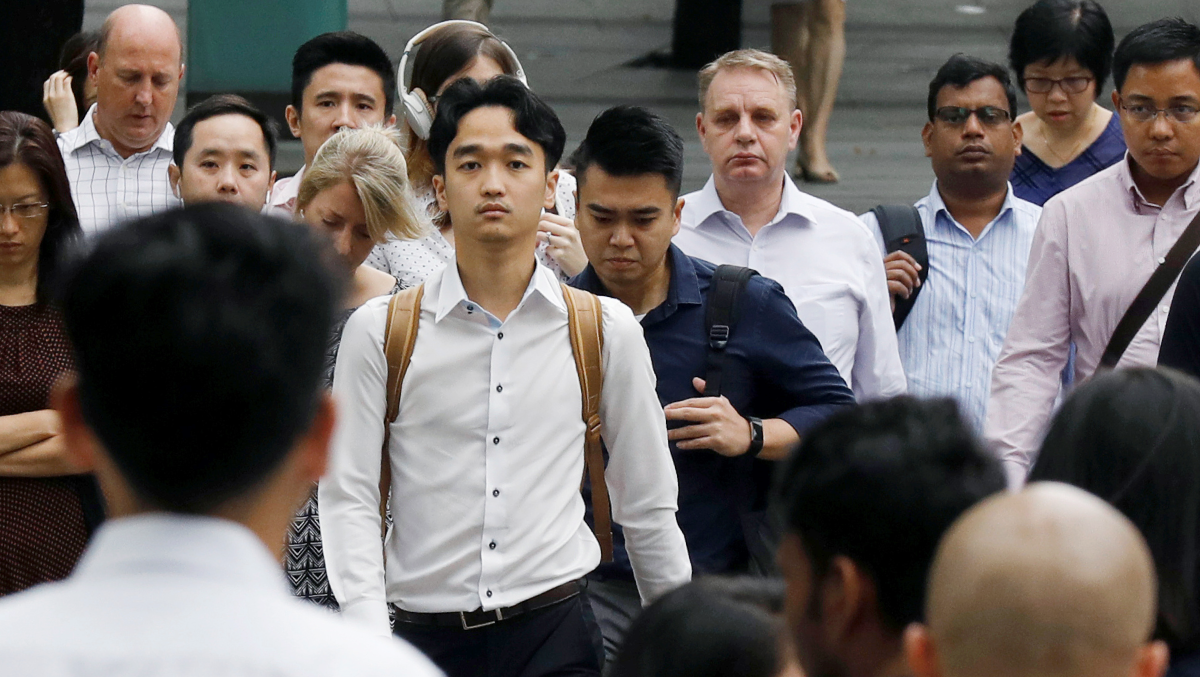

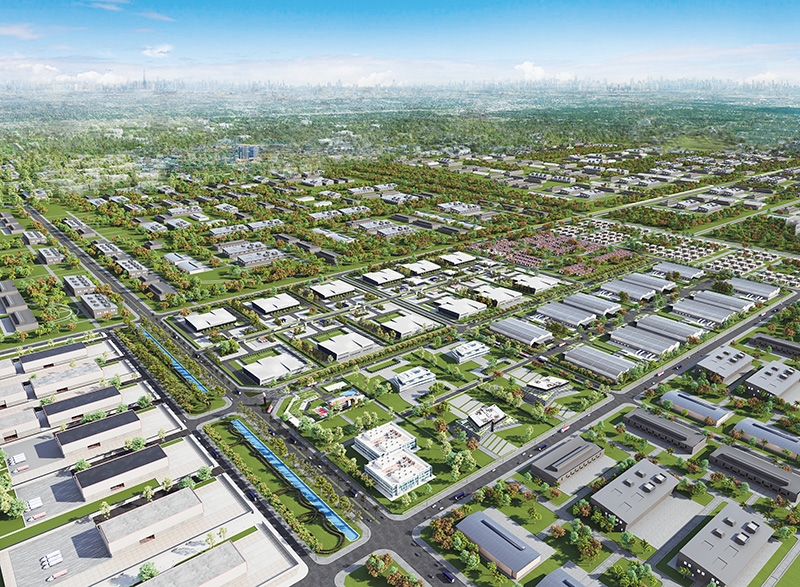

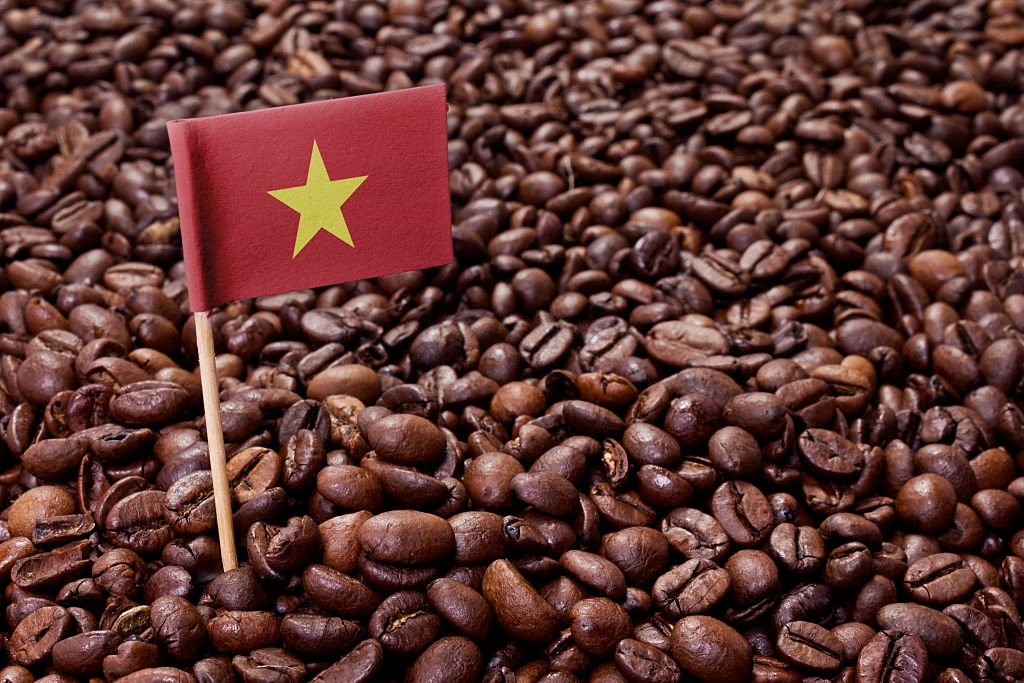
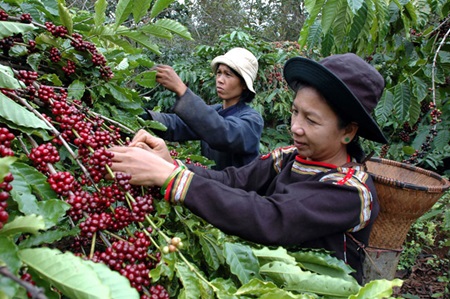
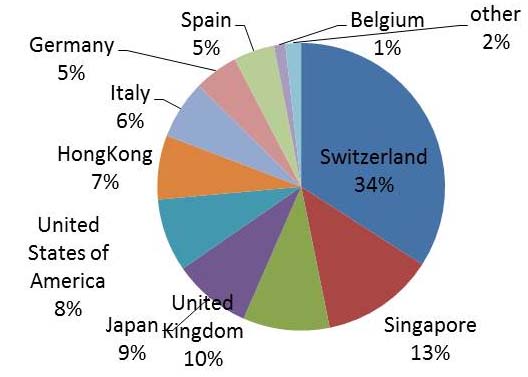
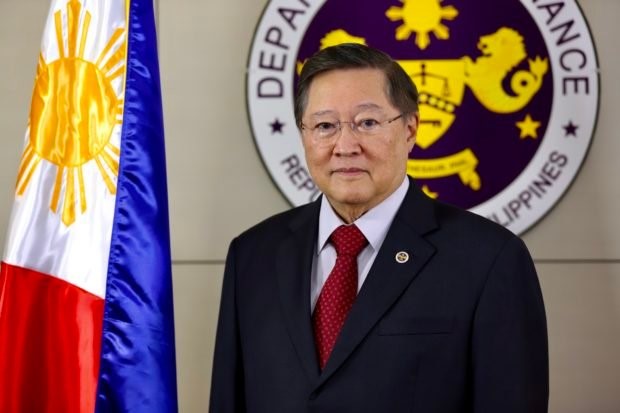

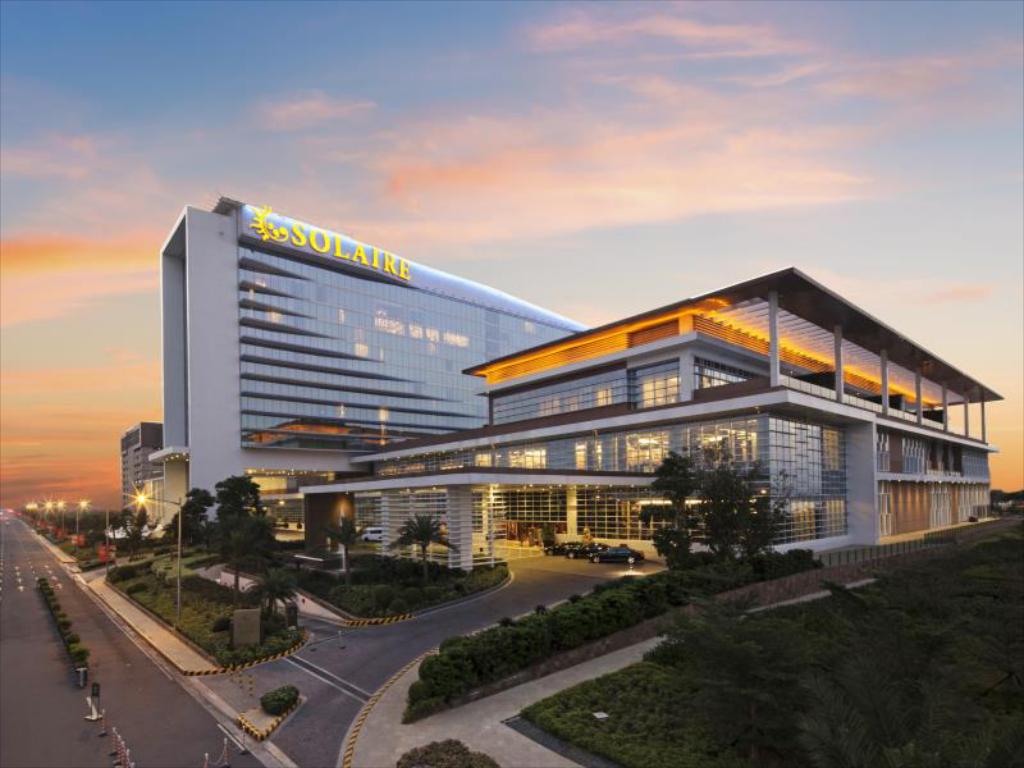
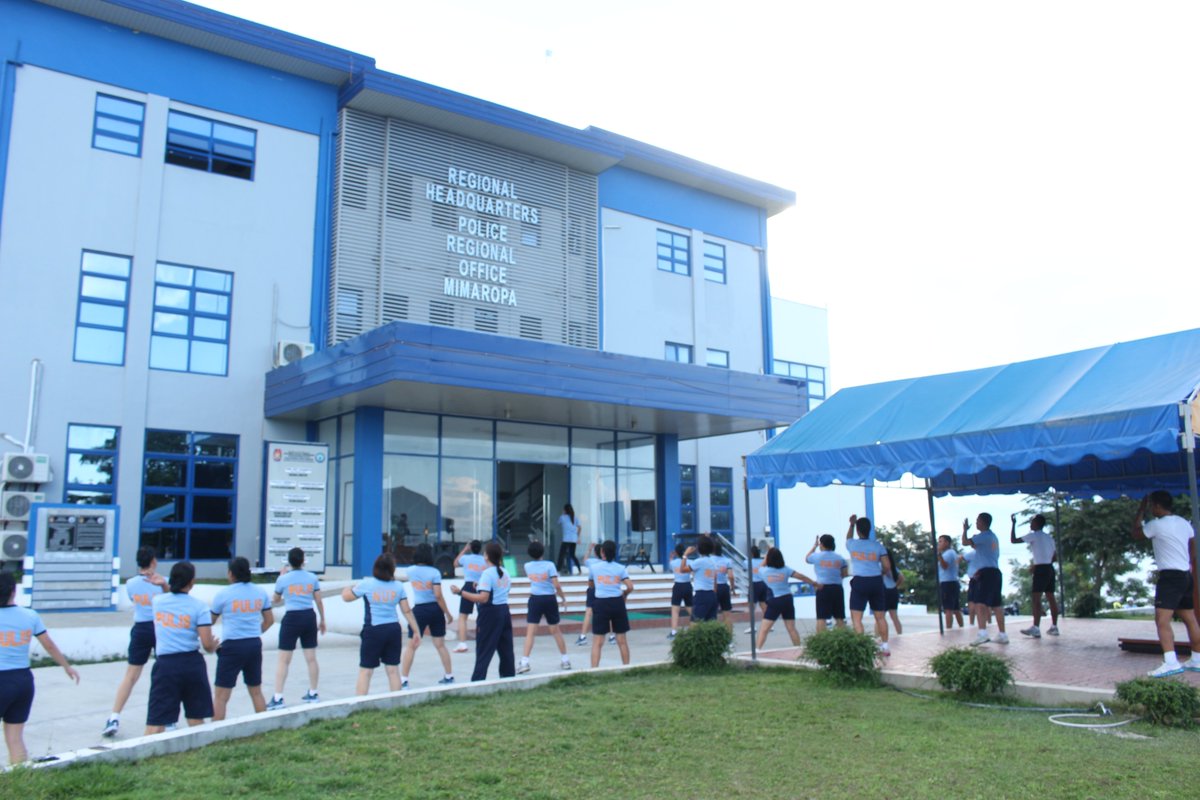





.jpg.e381f86c3acd3cdd8e6df95a79fbce20.jpg)
